Israel Pounds Gaza City as Fears Mount for Those Inside

© Saher Alghorra for The New York Times

© Saher Alghorra for The New York Times

© Caroline Gutman for The New York Times
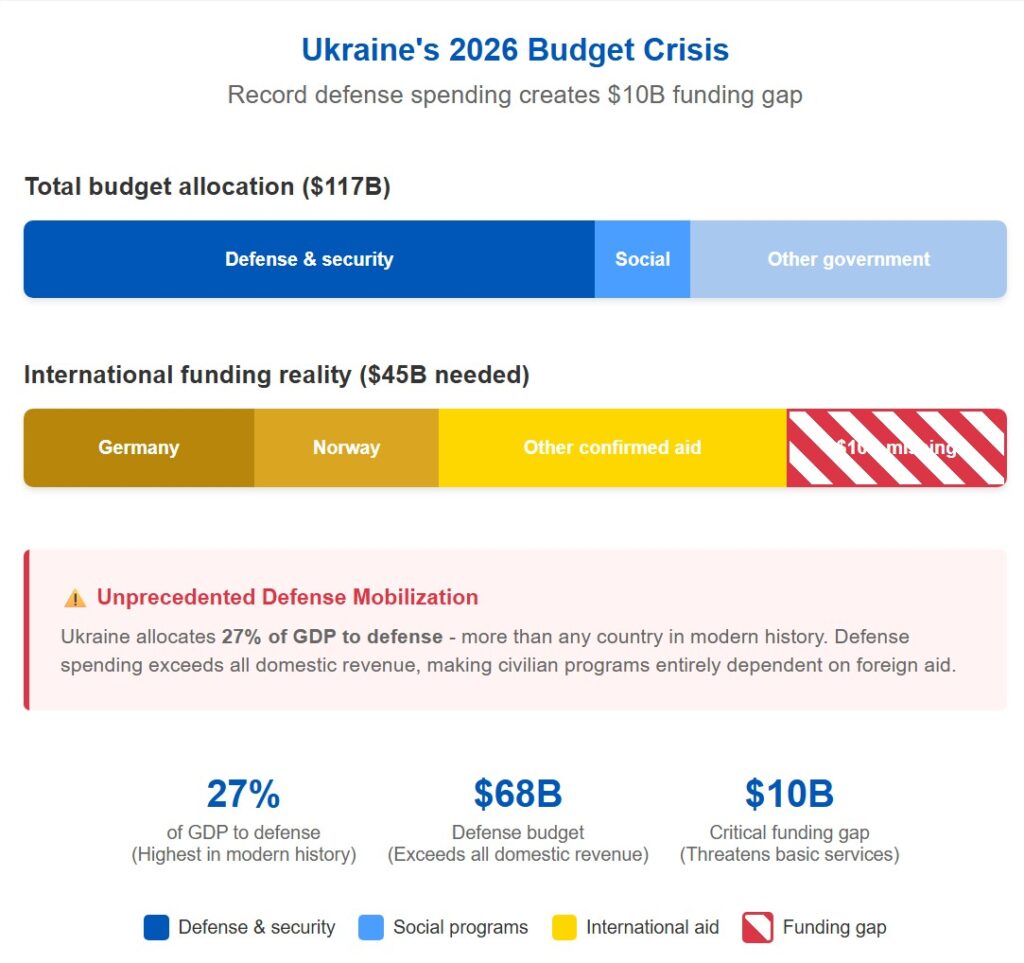
No country in modern history has devoted 27% of its entire economy to defense. Ukraine’s 2026 budget crosses that threshold while facing a $10 billion funding shortfall, forcing Western taxpayers to fund basic government operations—from healthcare to pensions—because nearly all domestic revenue now flows to the military.
Ukraine’s government submitted this wartime budget to Parliament on 15 September, creating the most acute test yet of Western resolve to sustain Ukraine’s total war footing.
The budget assumes fighting continues through 2026, creating unprecedented demands on Ukrainian society and international partners.
With defense spending consuming nearly all domestic tax revenue, Ukraine’s survival depends entirely on foreign generosity for civilian functions.
The proposed 4.8 trillion hryvnia ($117 billion) budget allocates 2.8 trillion hryvnias ($68 billion) to defense and security—more than the entire domestic revenue base.
Finance Minister Serhiy Marchenko projects a $45 billion deficit, with only $35 billion confirmed from international partners.
Parliamentary Finance Committee Chairman Danylo Hetmantsev told RBC-Ukraine the gap represents “very big money, a very big and fundamental problem.” He explained that the National Bank and Cabinet base their calculations on assumptions of “slower return of the economy to normal operating conditions and preservation of high security risks.”
This funding crisis continues a multi-year pattern of Ukrainian budget shortfalls. Euromaidan Press reported last week that Ukraine faced a $7 billion defense gap despite surplus civilian aid, while the IMF discovered that Ukraine needs $20 billion more through 2027 than initially estimated.
However, Finance Minister Marchenko said on 13 September that the immediate 2026 gap is 16 billion euros ($17.4 billion), showing how estimates continue evolving as negotiations progress.
Defense spending has escalated from previous levels—as Euromaidan Press pointed out, Ukraine already dedicates more of its economy to defense than any other country in modern history.
Despite the funding crisis, the budget proposes major social spending increases: 50% teacher salary raises, expanded healthcare coverage, and higher pensions.
But Hetmantsev sharply criticized government trends toward “giving away money that doesn’t exist.”
He specifically targeted programs like 100,000 hryvnia ($2,430) grants for creative industry entrepreneurs, arguing such spending “looks wild” during wartime. “We shouldn’t pretend we’re at peace,” Hetmantsev said, calling for better prioritization of limited resources.
The tension reflects a fundamental challenge: maintaining civilian morale through continued social services while dedicating nearly all domestic resources to the military. Previous Euromaidan Press analysis showed Ukraine now spends more servicing war debt than supporting elderly and vulnerable citizens.
The proposed social spending increases to 467.1 billion hryvnias ($11.3 billion), including expanded child benefits, veteran support programs, and teacher salary increases.
Ukraine’s 2026 budget reveals total reliance on foreign financing for non-military functions. Negotiations continue for nearly half of the 2.08 trillion hryvnias ($50.5 billion) needed externally.
Germany has committed 9 billion euros ($10.6 billion) annually, while Norway has promised 8.5 billion dollars. But gaps remain large enough to threaten basic government operations.
The dependency creates structural vulnerabilities as Western political pressures mount. Aid restrictions compound the problem.
While partners provide substantial civilian assistance, military funding remains limited, forcing Ukraine to cover defense costs through domestic taxation alone.
This creates a structural mismatch where civilian programs receive foreign support while military needs must rely entirely on Ukraine’s limited tax base.
The budget includes a new 200 billion hryvnia ($4.9 billion) “defense reserve” allowing rapid redistribution between military branches based on battlefield needs. This reflects government assumptions about continued fighting requiring flexible resource allocation.
The budget framework assumes sustained “high security risks” and only gradual economic normalization—scenarios requiring years of continued international support.
This contrasts with earlier hopes expressed by some officials about potential war resolution.
Previous Ukrainian defense budgets have consistently proven insufficient, requiring multiple revisions. The 2024 defense budget increased by $12 billion mid-year.
Parliament will not review the budget until late November, with the first reading by 20 October and the final passage by 20 November. This timeline puts immediate pressure on international negotiations to close the $10 billion gap.
Hetmantsev emphasized that despite funding uncertainties, Ukraine has never delayed pensions or social payments during the war.
Maintaining this record requires securing the funds that are missing during ongoing negotiations with the IMF and European partners.
The 2026 budget represents Ukraine’s starkest financial reality yet: a country dedicating over a quarter of its entire economy to defense while completely dependent on foreign goodwill for basic government functions.
Whether Western partners can sustain this unprecedented level of support will determine the viability of Ukraine’s war effort and its state.

© Agence France-Presse — Getty Images

© Federico Rios for The New York Times

© Hilary Swift for The New York Times
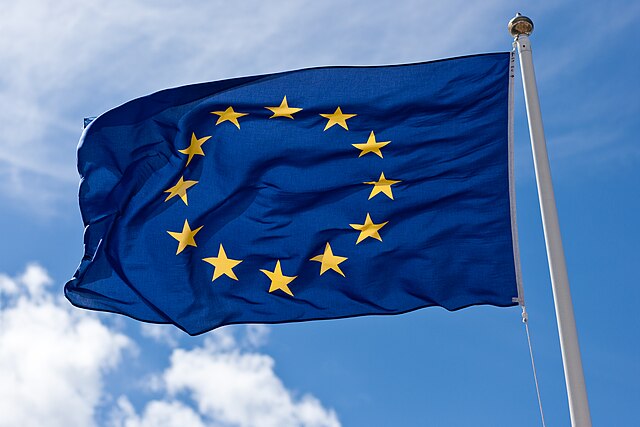
The European Commission announced a new €40 million humanitarian package to support Ukrainians as they head into a fourth winter of full-scale war.
Winters in Ukraine are harsh under normal circumstances, but the war has made them even more dangerous. Russia has repeatedly struck Ukraine’s energy grid in previous winters, knocking out electricity and heating for millions. These attacks have left entire cities in freezing conditions, with civilians often forced to endure long nights without light or warmth.
The EU says the new funding is focused on “strengthening the country’s preparedness for winter and protecting civilians against extreme cold.”
Hadja Lahbib, EU Commissioner for Equality, Preparedness and Crisis Management notes that “winter brings new hardships for millions of Ukrainians already suffering from the consequences of Russia’s war.”
Planned support includes providing shelter materials, repairing damaged homes and displacement centres, and improving access to heating, clean water, and sanitation.
These issues are especially pressing in winter months, when Russian strikes on infrastructure regularly disrupt living conditions and essential services.
According to the Commission, the aid will prioritize the most vulnerable groups: elderly people, children, people with disabilities, and displaced people living in collective housing.
This latest package adds to the EU’s broader humanitarian support for Ukraine, which has now reached several billion euros since the start of the invasion in 2022.
“The EU has channelled over 156,000 tonnes of relief supplies through its Civil Protection Mechanism. In response to the widespread destruction of Ukraine’s energy infrastructure, this support includes energy equipment such as 9,342 power generators, 6,917 transformers and millions of energy-saving LED bulbs. In parallel, the EU and its Member States have mobilised over €4.2 billion in humanitarian aid to Ukraine and neighbouring countries. The EU has also successfully coordinated the medical evacuation of more than 4,500 patients from Ukraine to hospitals across 22 European countries for treatment,” the European Commission said in its statement.

© Matthew Abbott for The New York Times

© Victoria Kim/The New York Times

© Matthew Abbott for The New York Times

© Jamie Kelter Davis for The New York Times

© Hilary Swift for The New York Times

© Jamie Kelter Davis for The New York Times
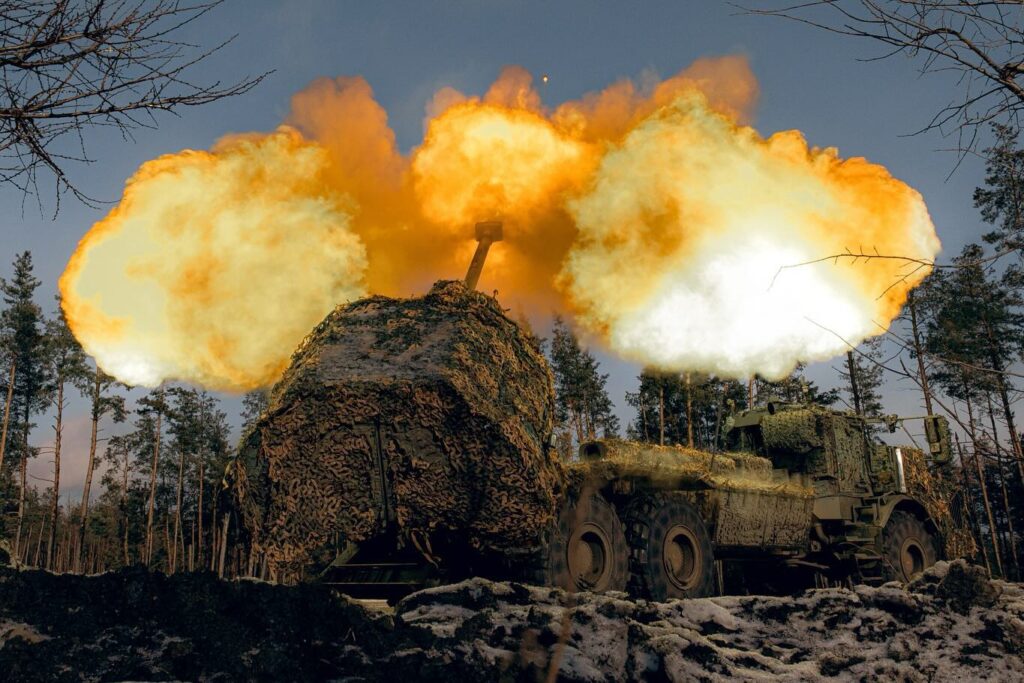
Sweden has announced its 20th military support package for Ukraine, valued at $836 million. The package continues long-term aid commitments, including annual military support of $3.6 billion in 2026-2027.
The move comes as Ukraine faces increased Russian attacks and international partners increase defense assistance. Sweden’s aid is designed to strengthen Ukraine’s battlefield capabilities and maintain operational readiness, while supporting broader European security.
The package includes 18 new Swedish-made Archer self-propelled artillery systems with extra 155 mm ammunition, bringing Ukraine’s total Archers to 44. Kyiv will also receive mobile coastal radar systems, new support boats with grenade launchers, drone systems, and upgrades to 32 previously delivered CB90 combat boats with sensors, weapons, and radar.
Other equipment features 500 motorcycles and vehicles for airfield operations, including trucks and tractors. Air defense systems, particularly the Tridon Mk2, will be enhanced with radar sensors, command modules, and programmable 40 mm ammunition.
The package also provides $68 million for international coalitions developing Ukraine’s defense capabilities. Certain systems remain classified for battlefield use.
Help us tell the stories that need to be heard. YOUR SUPPORT = OUR VOICESwedish Defense Minister Pål Jonson noted that additional secret systems and projects are included in the package, but their deployment will be revealed directly on the battlefield.
Additional secret systems and projects are also included, but their introduction will have to be saved for the battlefield. The Russian army can expect Swedish-Ukrainian surprises going forward. Sweden will continue to put hard pressure on Russia until they stop this war. (6/6)
— Pål Jonson (@PlJonson) September 11, 2025
He said that the Russian army can expect “Swedish-Ukrainian surprises” in future operations and affirmed that Sweden will maintain pressure on Russia until the war ends.President Volodymyr Zelenskyy thanked Sweden, emphasizing that sustained military aid strengthens European security and helps advance efforts toward lasting peace.

© Tierney L. Cross/The New York Times

© Eric Lee/The New York Times

© Jihed Abidellaoui/Reuters

© Tierney L. Cross/The New York Times

© Tierney L. Cross/The New York Times

© Anastasiia Smolienko/Reuters

© Haiyun Jiang/The New York Times

© Jim Huylebroek for The New York Times

© Safiullah Padshah/The New York Times

© Tyler Hicks/The New York Times

© The New York Times

© Wahidullah Kakar/Associated Press

© Omar Al-Qattaa/Agence France-Presse — Getty Images

© Eric Lee for The New York Times

© Eyad Baba/Agence France-Presse — Getty Images

© Finbarr O'Reilly for The New York Times

© Saher Alghorra for The New York Times
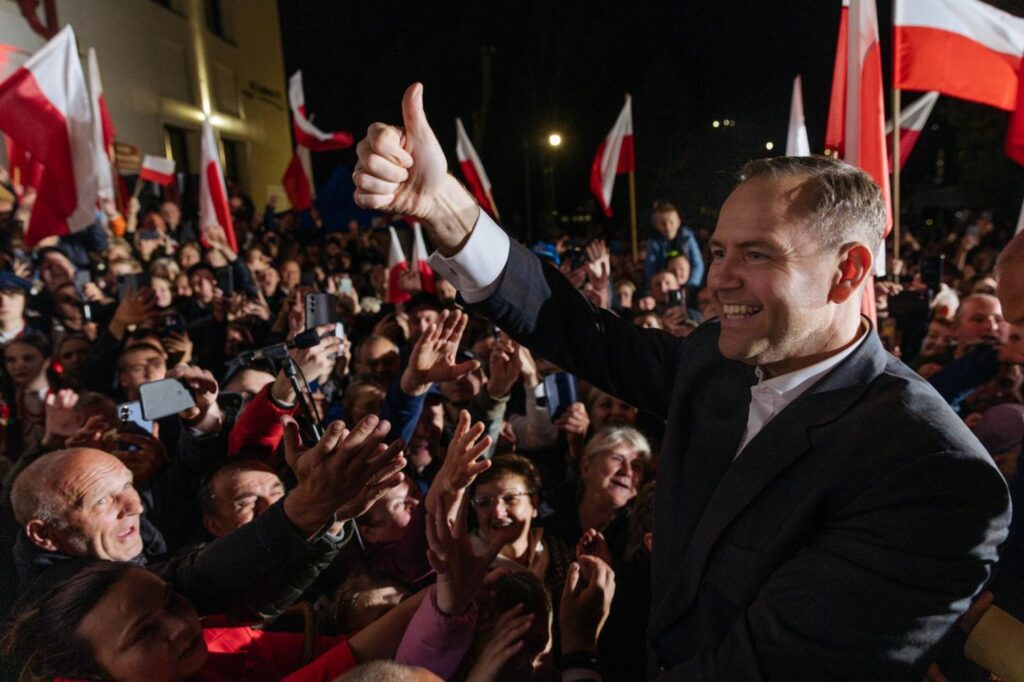
President Karol Nawrocki’s veto of legislation on aid to Ukrainian citizens has received backing from 59.8% of Polish respondents, according to a SW Research survey conducted for Onet on 26-27 August 2025.
The poll of 814 adults nationwide found that 25.4% opposed the presidential decision, while 14.7% answered “don’t know/hard to say” when asked whether they supported Nawrocki’s veto of the Ukraine assistance law.
Nawrocki announced his veto citing a key concern about the 800+ benefit program. “The 800+ benefit should be granted exclusively to Ukrainians who take up work in Poland,” the president said. He argued that current provisions do not ensure social justice.
The veto affects legislation that would have extended temporary residence rights for up to one million Ukrainian refugees beyond the September 2025 deadline, potentially leaving them without legal employment options.
The veto triggered strong political reactions across party lines. Politicians from Law and Justice and Confederation supported the presidential decision, while representatives from the Left and Civic Coalition sharply criticized it.
Men showed slightly higher support for the veto at 63.4% compared to 56.5% among women, the SW Research data reveals. The strongest backing came from the 25-34 age group, where 73.5% endorsed the decision. Support was lowest among respondents over 50, at 50.1%.
Geographic patterns also emerged in the polling data. Residents of towns with up to 20,000 inhabitants supported the veto most frequently at 67.8%, while those in cities exceeding 500,000 residents showed the lowest support at 55.5%.
The vetoed legislation addressed temporary residence rights for up to one million Ukrainians who arrived after Russia’s full-scale invasion began on 24 February 2022. Current regulations permit their stay until the end of September 2025. After this deadline, they will face difficulties with legal employment, among other issues.
Alongside his veto, Nawrocki submitted his own version of Ukraine assistance legislation to the Sejm, which has been sent for public consultations. The government announced it will present its own version of these provisions.
The Ministry of Internal Affairs and Administration estimates that the presidential veto could cost up to 8 billion zloty. These expenses would result primarily from administrative processing of thousands of residence legalization applications.
The Sejm retains the authority to reject the presidential proposal and pursue alternative legislative approaches to address Ukrainian refugee status and assistance programs.
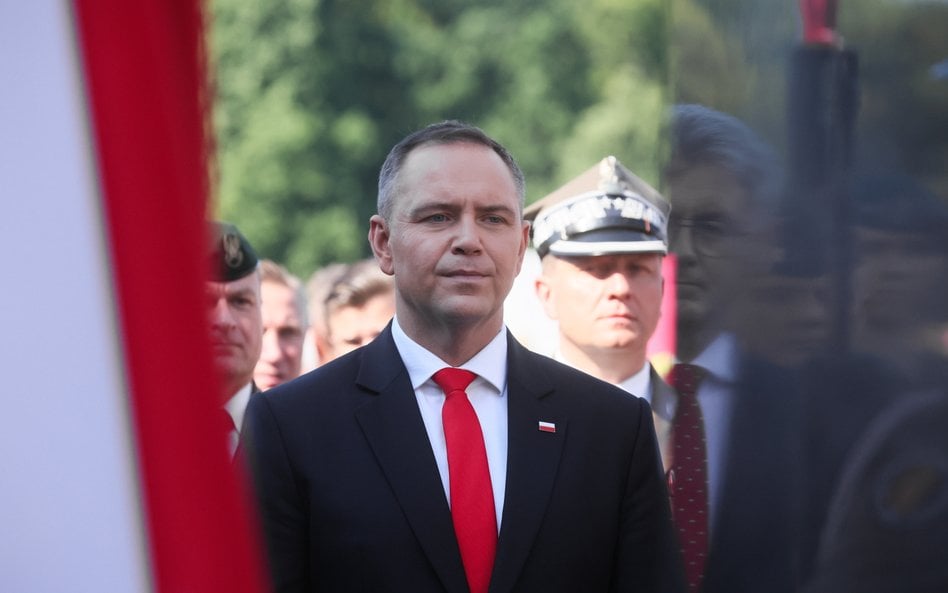
In an editorial published on 27 August, Rzeczpospolita stated that in the fourth year of Russia’s all-out war against Ukraine, Polish President Karol Nawrocki has taken a position that aligns with the aggressor. The commentary by Zuzanna Dąbrowska focused on Nawrocki’s recent veto of a bill that would have expanded support for Ukrainian citizens, framing the decision as politically motivated rather than policy-based.
According to Rzeczpospolita, the Polish president’s veto marks the beginning of a process to unify Poland’s right-wing political forces in preparation for the 2027 parliamentary elections. Nawrocki needs to build a right-wing coalition between the Law and Justice (PiS) party and the Confederation, the article argues.
The editorial highlights Nawrocki’s signing of the Toruń Declaration promoted by pro-Russian politician Sławomir Mentzen as part of this broader strategy. It notes that unless the ruling coalition presents a strong presidential challenger, the right-wing bloc may achieve its goal of securing a constitutional majority.
The piece argues that Nawrocki has maintained a clear and consistent anti-Ukrainian position since entering political life. While such positions are not unique among world leaders, the context of war renders them significant. According to Dąbrowska, in wartime there is a binary choice between supporting the victim of aggression or the aggressor. The op-ed concludes that for the president’s circle, this distinction appears secondary to internal political priorities.
Rzeczpospolita connects the shift in political decisions to changing public sentiment. The commentary states that societal attitudes are now shaping political behavior, and that political messaging in turn reinforces those attitudes. The result, it says, is a feedback loop that has already led to incidents of violence, public conflict, and discrimination against children.
The op-ed also links the rise of anti-Ukrainian sentiment to earlier Russian disinformation campaigns. It notes that efforts originating in the Kremlin since 2022—using false stories, social media content, and memes—were initially dismissed as implausible. However, the article states that these narratives have become more influential and are now shaping public discourse. The seed planted by Moscow in 2022, the editorial says, is now producing results.

© Dave Sanders for The New York Times
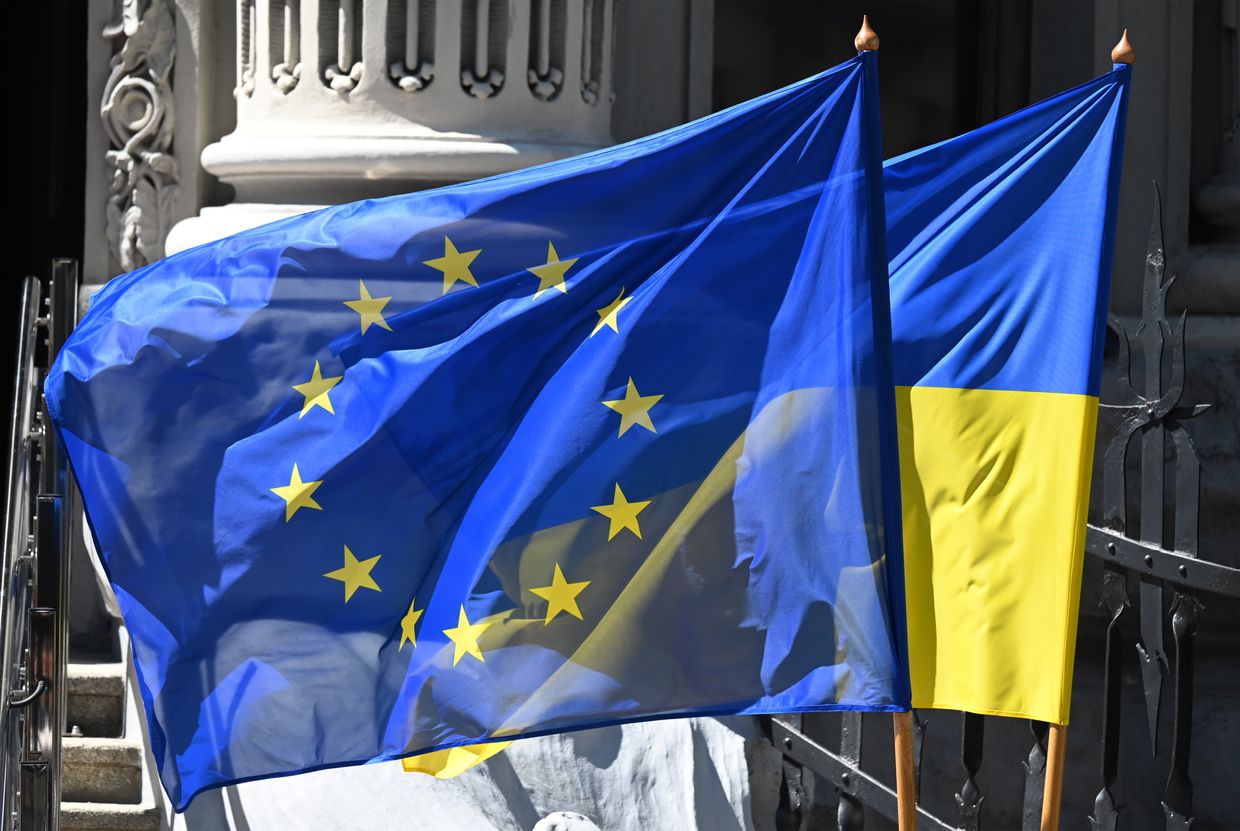
The European Union is considering establishing a fund for Ukraine worth 100 billion euros ($117 billion) in the next seven-year EU budget, Bloomberg reported on July 8, citing sources familiar with the proposal.
Sources told Bloomberg that the proposed funding, which is set to be presented later in July, would begin to be disbursed in 2028 as a means to provide additional assistance to the war-torn country amid waning U.S. support.
The proposal for an approximately 100 billion euro fund was previously touted by European Union Commissioner for Defense and Space, Andrius Kubilius, who called for the additional funding to be included in the seven-year EU budget in December 2024.
The fund, alongside other options, will be discussed before the Multiannual Financial Framework are released on July 16, according to Bloomberg.
Early in his second term as president, U.S. President Donald Trump repeatedly lambasted the EU for not providing an equal amount of support for Ukraine, urging the bloc to match spending on the war.
Since then, U.S. military and financial support have become unreliable, with contradictory statements coming out of the White House on additional military shipments in recent days.
On July 2 announced a halt in weapons shipments to Kyiv due to dwindling U.S. stockpiles, Trump later claimed he wasn't responsible for the decision and wanted to send more weapons to Ukraine.
Axios reported on July 8 that the White House is pursuing a plan to have Germany sell another Patriot battery to Ukraine, with the U.S. and European allies splitting the cost of the purchase. Sources told the outlet that Trump also pledged to send 10 Patriot interceptor missiles to Kyiv.
As support from the U.S. remains unpredictable, European countries are looking into additional ways to how it can continue to support Ukraine.
The proposed new funding agreement would follow previous support provided through the European Commission through grants and loans.
Since the start of Russia's full-scale invasion in February 2022, the EU has provided 160 billion euros ($187 billion) in aid to Ukraine. Along with Group of Seven (G7) countries, the EU has also provided loans as part of its $50 billion loan back by frozen Russian assets.
As Ukraine's budget deficit continues to grow amid the full-scale war, the European Commission is also discussing with EU member states separate options to help Kyiv sustain its economy, the Financial Times reported on July 8. The deficit could range from $8 billion to $19 billion in 2026.
 The Kyiv IndependentYana Prots
The Kyiv IndependentYana Prots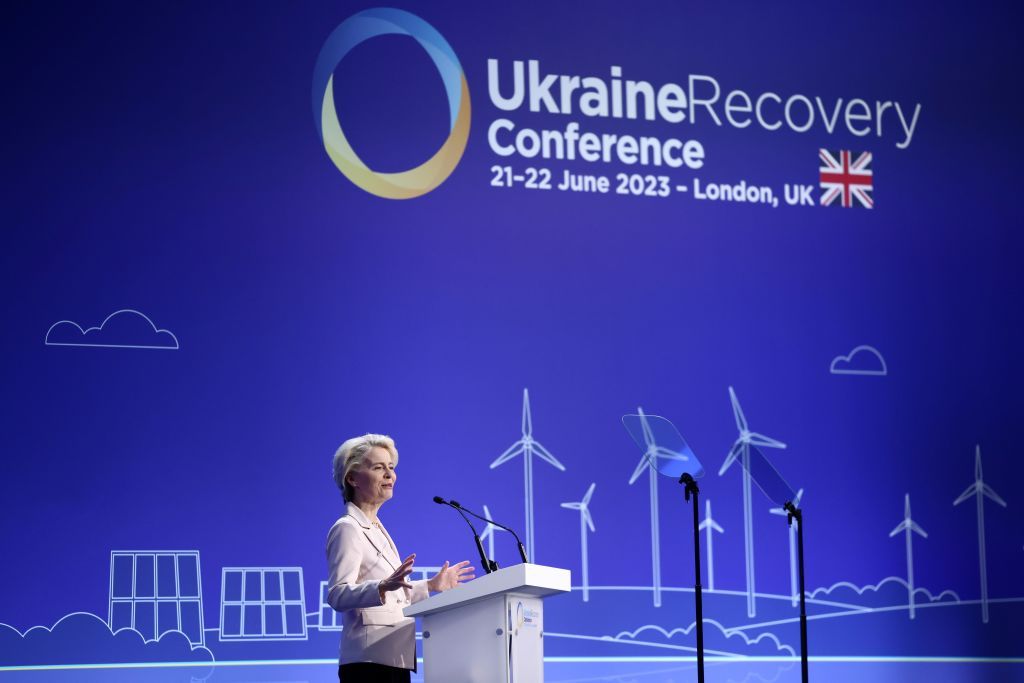

U.S. President Donald Trump is considering sending Ukraine an additional Patriot air defense system, a move that would mark his administration's first major weapons transfer to Kyiv, the Wall Street Journal (WSJ) reported on July 8, citing two defense officials.
The report is the latest in a series of contradictory messages from the Trump White House in recent days regarding military aid to Ukraine. While the Pentagon on July 2 announced a halt in weapons shipments to Kyiv due to dwindling U.S. stockpiles, Trump later claimed he wasn't responsible for the decision and wanted to send more weapons to Ukraine.
A U.S. defense official told the WSJ that Trump has asked the Pentagon to look into options for supplying Ukraine with more arms, including a Patriot air defense system. Officials are also reportedly exploring whether other nations can send Patriots to Kyiv.
The claim dovetails with recent media reports about the administration's plans to bolster Ukraine's air defenses. Axios reported on July 8 that the White House is pursuing a plan to have Germany sell another Patriot battery to Ukraine, with the U.S. and European allies splitting the cost of the purchase. Sources told the outlet that Trump also pledged to send 10 Patriot interceptor missiles to Kyiv.
If the U.S. provides Ukraine with an additional Patriot system, it would mark the first time Trump has approved a major military aid package to Kyiv that wasn't previously greenlighted by former U.S. President Joe Biden.
Washington has thus far provided Kyiv with three Patriots, a former Pentagon official told the WSJ. Germany has also sent three, while a group of European countries provided one. According to the official, not all systems are in use at the same time due to maintenance issues.
The U.S.-made air defense systems are in high demand around the world. Each system consists of two or three launchers, a radar, a command and control element, and interceptor missiles. Patriot missiles are also in short supply globally: Ukraine faces an urgent need for the munitions amid increased Russian aerial attacks, and the Guardian reported on July 8 that even the U.S. has only 25% of the interceptors required by its defense readiness plans.
According to one of the officials who spoke to the WSJ, the U.S. military would be able to supply an additional Patriot to Ukraine if ordered by the White House.
 The Kyiv IndependentAnna Fratsyvir
The Kyiv IndependentAnna Fratsyvir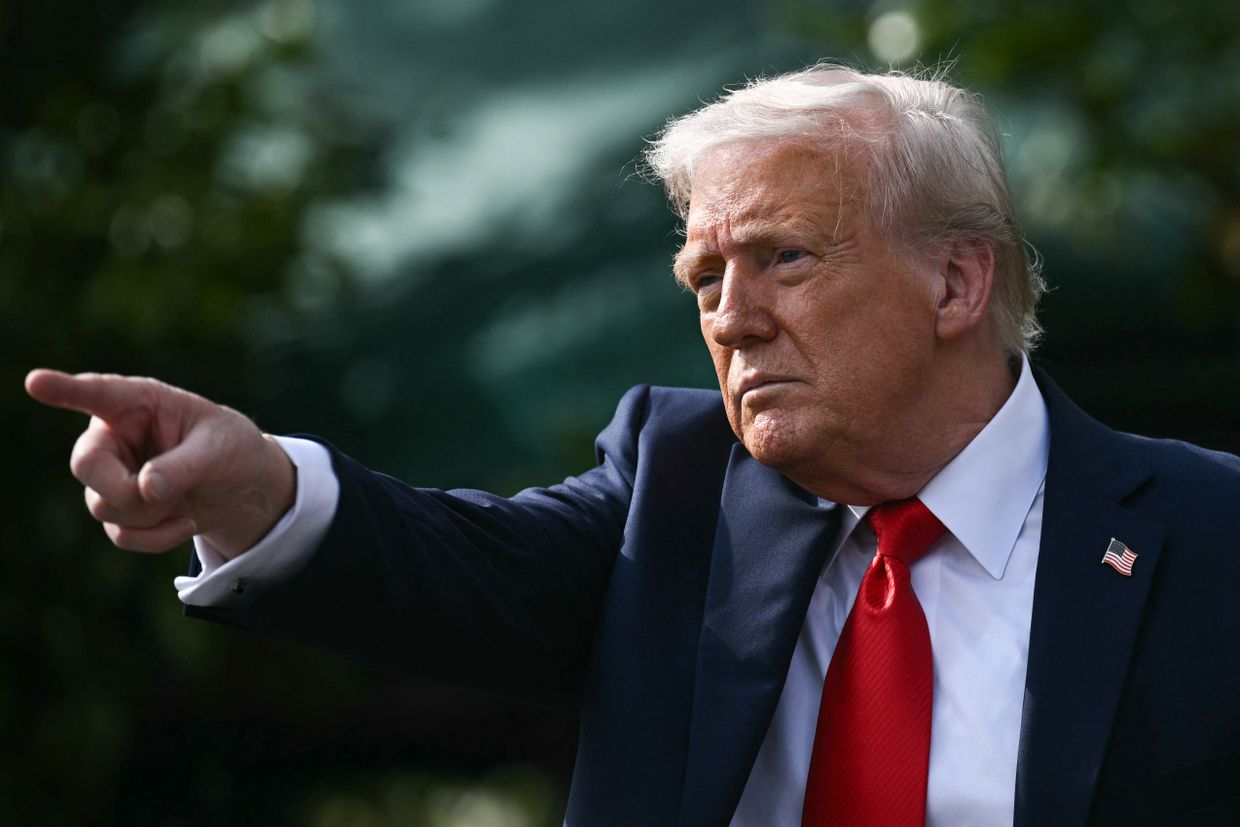

The European Commission is discussing with EU member states various options to cover Ukraine's budget deficit for next year, which could range from $8 billion to $19 billion, the Financial Times reported on July 8.
International partners have provided Ukraine with over $39 billion for its wartime economy so far this year, Prime Minister Denys Shmyhal announced.
The financial hole in Ukraine's budget is linked to reduced U.S. support and the lack of prospects for a swift ceasefire with Russia that Europe had hoped for, the Financial Times reported.
A senior EU official told the publication that many of Ukraine's partners had previously counted on a peace deal in 2025, but are now forced to revise their funding plans.
This includes the European Commission, which has already adjusted spending from Ukraine-related funding streams.
Without support from Western partners, Kyiv would face a budget deficit of $19 billion in 2026, according to the Financial Times. However, even if additional international financing for the wartime economy can be secured, a gap of at least $8 billion would remain.
To support Ukraine's budget, Europe is considering providing military aid in the form of off-budget grants that would be recorded separately as external transfers but would count toward NATO member countries' national defense spending targets.
One EU diplomat told the Financial Times that military support for Ukraine is viewed as a contribution to the defense of all of Europe.
In a document for G7 countries reviewed by Financial Times, Kyiv proposed that European allies co-finance Ukrainian forces, framing this as a service to strengthen continental security.
Other support options under discussion include potentially accelerating payments from the existing $50 billion G7 loan program and reinvesting frozen Russian assets in higher-yield financial instruments that the EU allocated to help service the debt.
According to the Financial Times, two sources confirmed that the commission planned to discuss these options with EU finance ministers on July 8.
The funding issue will also be raised at the Ukraine Recovery Conference in Rome on July 10-11, dedicated to Ukraine's reconstruction needs. European Commission President Ursula von der Leyen will attend the event.
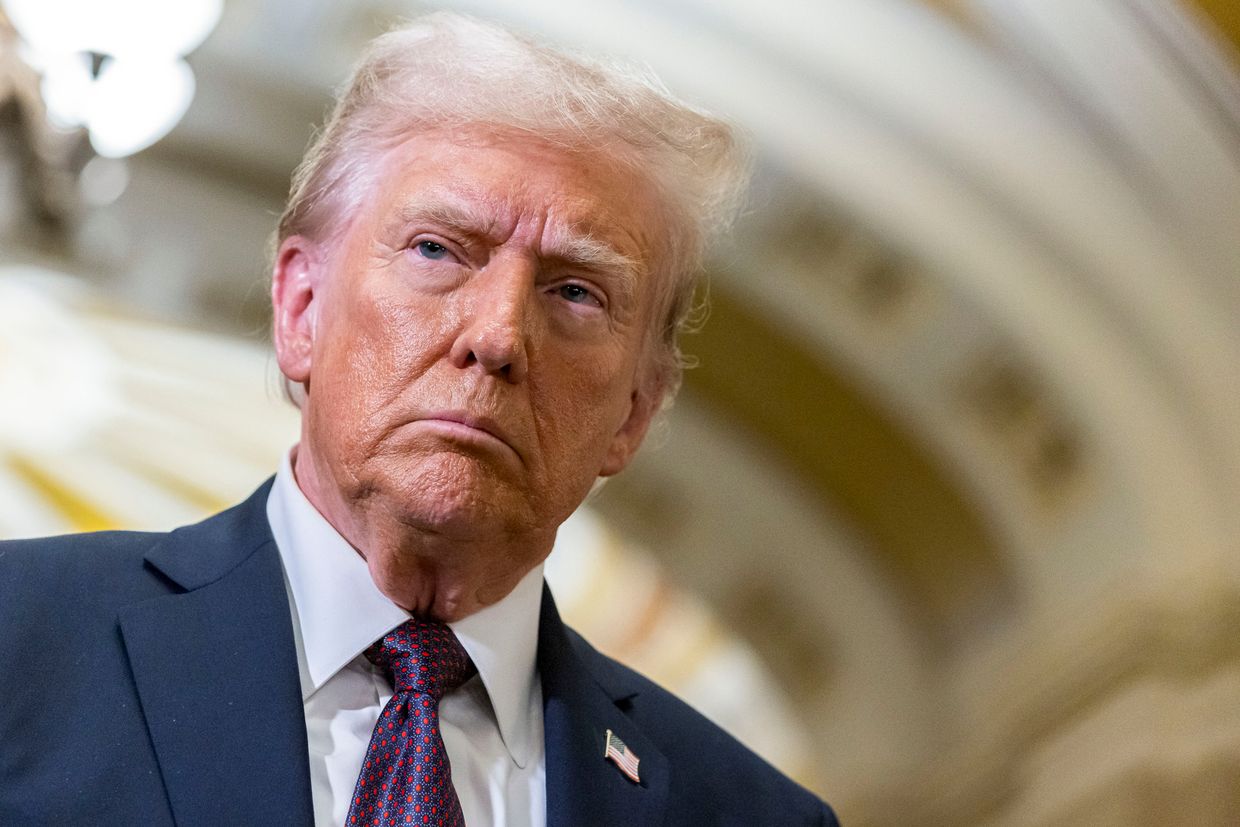
U.S. President Donald Trump told President Volodymyr Zelensky during a phone call on July 4 that he was not responsible for the suspension of U.S. arms shipments to Ukraine, The Wall Street Journal (WSJ) reported on July 7, citing unnamed sources familiar with the matter.
The suspension of aid, which includes Patriot air defense missiles and precision-guided munitions, has drawn criticism from Kyiv amid an intensifying Russian aerial campaign that has killed and injured hundreds of civilians in recent weeks.
According to WSJ, Trump told the Ukrainian president that he had ordered a review of Pentagon munitions stockpiles following last month's U.S. strikes on Iran's nuclear sites, but he did not direct the military to halt weapons deliveries.
NBC News reported on July 4 that Defense Secretary Pete Hegseth unilaterally halted the shipment to Ukraine on July 2, despite internal Pentagon assessments showing the aid would not compromise U.S. military readiness.
According to Politico, U.S. Special Envoy Keith Kellogg and Defense Minister Rustem Umerov are scheduled to meet in Rome later this week to discuss restarting U.S. military aid to Ukraine.
Trump did not acknowledge a halt in U.S. weapons shipments to Ukraine. On July 7, he said the U.S. would provide Ukraine with "more weapons," pointing to the scale of Russia's attacks.
"They have to be able to defend themselves, they're getting hit very hard now," Trump told reporters alongside a U.S. and Israeli delegation at the White House.
The comments follow Trump's July 3 call with Russian President Vladimir Putin, after which he said he was "very disappointed" with the Kremlin's continued refusal to end hostilities.
The following day, Trump and Zelensky spoke by phone in what the U.S. president described as a "very strategic" conversation focused on Ukraine's need for air defenses.
Two rounds of direct talks between Russia and Ukraine held in Istanbul in May and June led only to prisoner exchanges, with no breakthrough on ending hostilities. Moscow has maintained maximalist conditions while rejecting calls for an unconditional ceasefire.
 The Kyiv IndependentMartin Fornusek
The Kyiv IndependentMartin Fornusek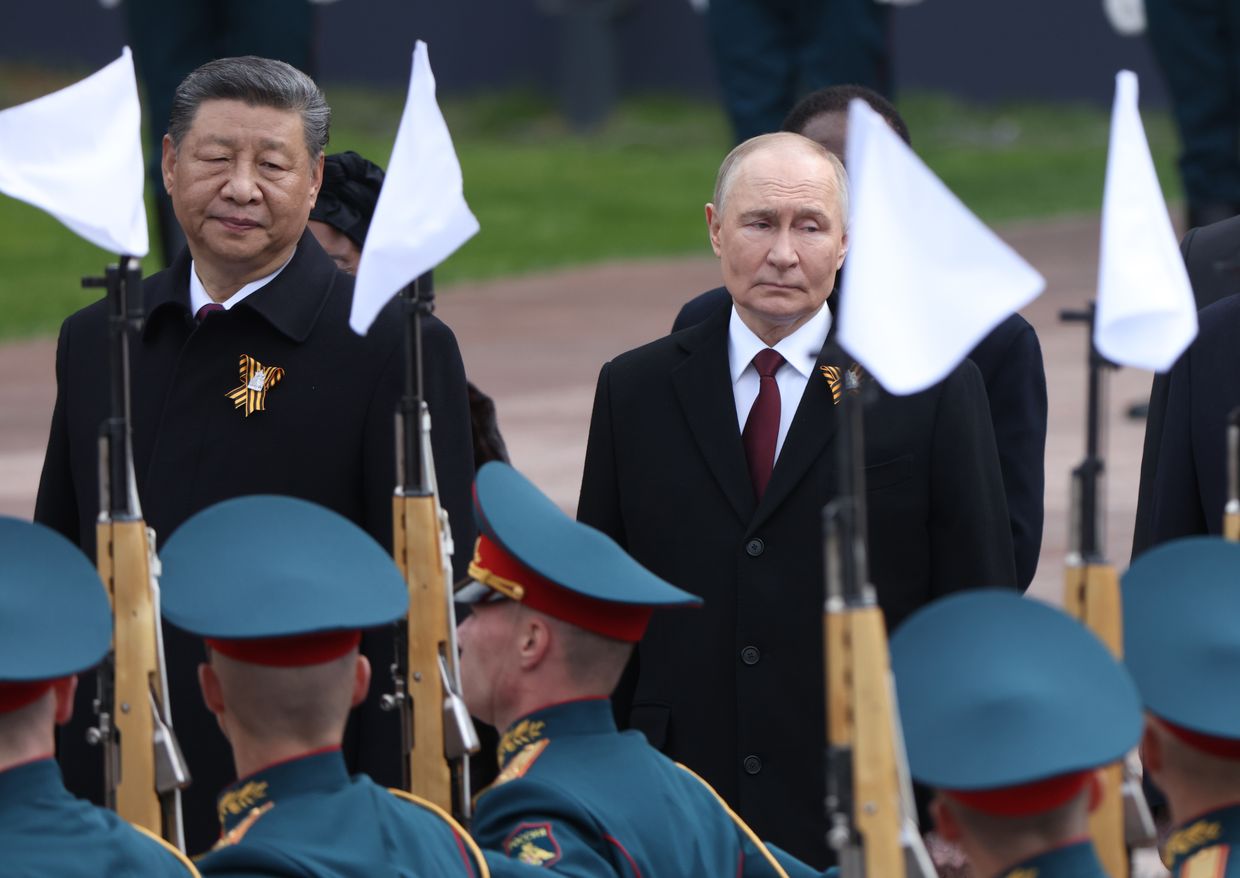
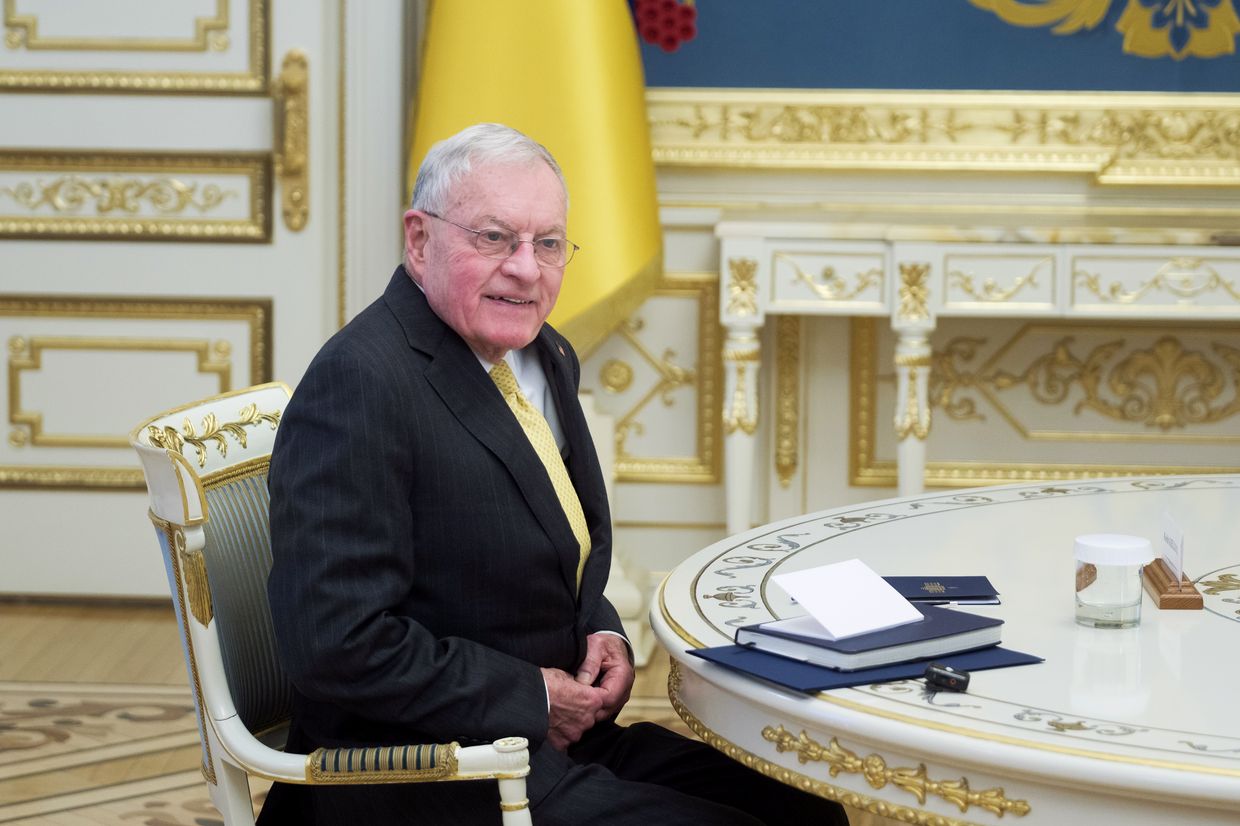
U.S. Special Envoy Keith Kellogg and Defense Minister Rustem Umerov are set to meet at the Ukraine Recovery Conference in Rome later this week to discuss the resumption of U.S. military assistance to Ukraine, Politico reported on July 7.
Following the talks between Kellogg and Umerov in Rome, Politico reported that more meetings are set to take place in Kyiv over the next two weeks.
The United States halted weapons shipments to Ukraine amid a capability review, the White House and Pentagon previously confirmed, with U.S. President Donald Trump on July 3 denying the pause.
Days later, Trump said that the United States would provide Ukraine with additional shipments of weapons amid intensified Russian attacks.
"We're gonna send some more weapons we have to them, they have to be able to defend themselves, they're getting hit very hard now," Trump said on July 7.
The halted U.S. military assistance to Ukraine could be resumed following planned high-level meetings at the conference, two people familiar with the matter told Politico.
A Kyiv meeting between Kellogg and Umerov following the Ukraine Recovery Conference was planned before the U.S. halted military assistance to Ukraine.
Kellogg's spokesperson Morgan Murphy said the meeting was "set up before news of the arms pause came to light last week."
Ukraine would like to promptly resume supplies of air defense and precision munitions, while the U.S. has signalled that the delivery of armored vehicles and engineering equipment may resume soon, the two sources said.
 The Kyiv IndependentLiliane Bivings
The Kyiv IndependentLiliane Bivings
Pentagon spokesperson Sean Parnell confirmed on July 2 that some military assistance to Ukraine has been halted as the U.S. Defense Department conducts a review of foreign aid deliveries.
"This capability review... is being conducted to ensure U.S. military aid aligns with our defense priorities... We see this as a common-sense, pragmatic step towards having a framework to evaluate what munitions are sent and where," Parnell said.
Despite the Pentagon announcement, Trump did not acknowledge a halt in U.S. weapons shipments to Ukraine.
"Why did you pause weapons shipments to Ukraine?" a reporter asked Trump as the U.S. president prepared to board Air Force One on July 3.
"We haven't," Trump replied. "We're giving weapons."
The Ukraine Recovery Conference is set to take place July 10-11, with leaders, including President Volodymyr Zelensky, set to attend.
 The Kyiv IndependentLiliane Bivings
The Kyiv IndependentLiliane Bivings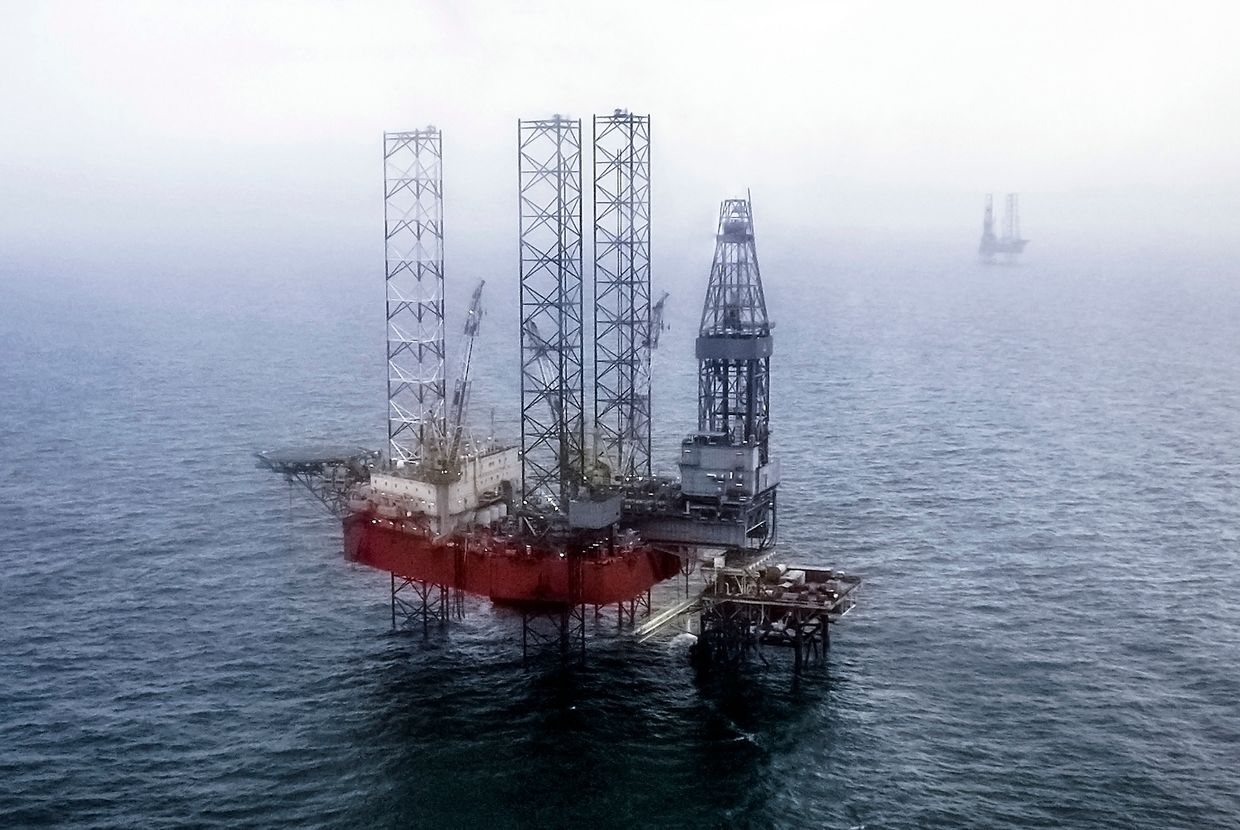
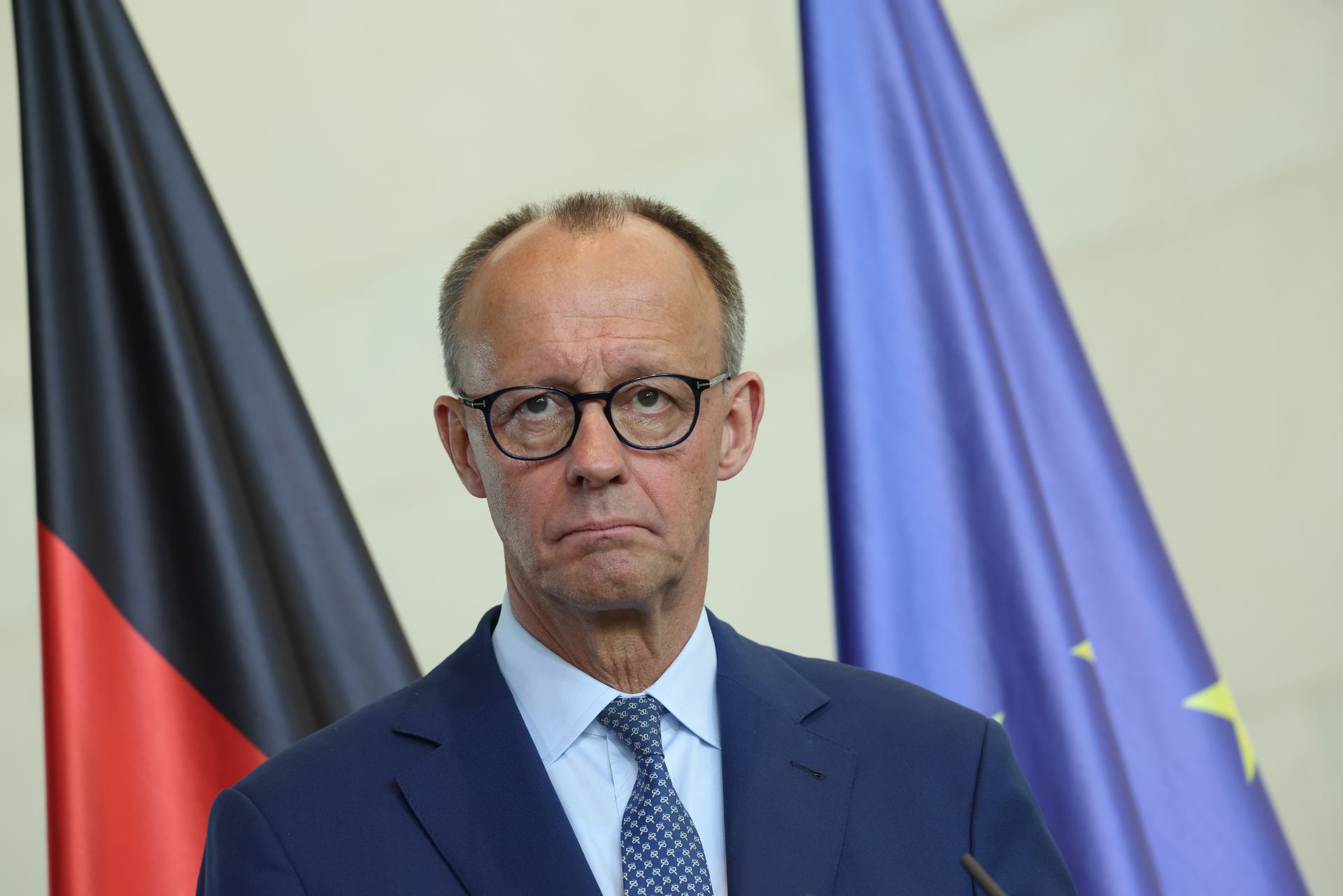
Four Alliance 90/Greens party members have sent an open letter to German Chancellor Friedrich Merz calling for a significant increase in military aid to Ukraine, Bild reported on July 5, citing a copy of the document.
The news comes as Russia’s expanded drone production has enabled Moscow to launch as many as 500 drones in a single night against Ukraine on multiple occasions each week.
The letter's authors — Robin Wagener, Sara Nanni, Sebastian Schafer, and Anton Hofreiter — demanded that certain budget items be adjusted, particularly regarding support for Ukraine. They believe that the planned increase in Germany's defense funding for Kyiv from $8.4 billion in 2024 to $9.8 billion in 2025 is insufficient, according to Bild.
The signatories emphasized the need to strengthen Ukraine's air defense systems urgently.
"Without further air defense and assured supplies, Russian dictatorship over Ukraine becomes more likely," the letter read.
The lawmakers also noted that the situation has deteriorated as Russia continues to carry out large-scale attacks on Ukraine, and the United States, for its part, has partially suspended its military aid.
The signatories reminded Merz that, thanks to the Greens party's support in the previous Bundestag, assistance to Ukraine had significantly increased.
Before becoming chancellor, Merz, elected for the CDU/CSU conservative alliance, signaled he could overturn the ban of his predecessor, Social Democrat Olaf Scholz, on delivering Taurus to Ukraine.
The Taurus is a powerful cruise missile capable of striking targets at a distance of 500 kilometers (300 miles), more than the long-range capabilities Ukraine received from other partners.
However, the German government has not approved sending Taurus missiles to Ukraine so far.
Ukraine has been using U.S.-made ATACMS for over a year, and U.K.-French Storm Shadow/SCALP for more than two, initially being allowed to deploy them only against Russian targets on Ukrainian territory.
Only in late 2024, the Biden administration and other allies eased the restrictions, allowing Ukraine to use long-range missiles against Russian military targets on Russian territory.
 The Kyiv IndependentNatalia Yermak
The Kyiv IndependentNatalia Yermak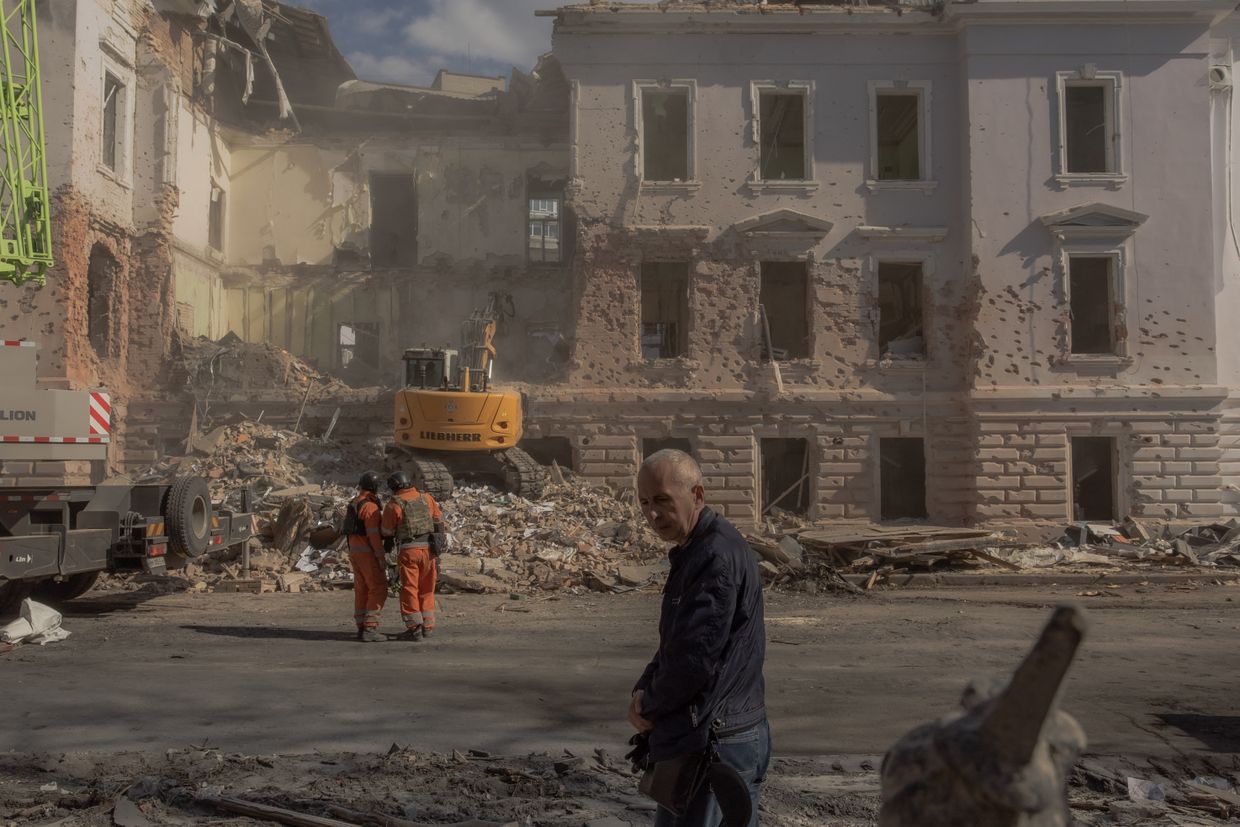
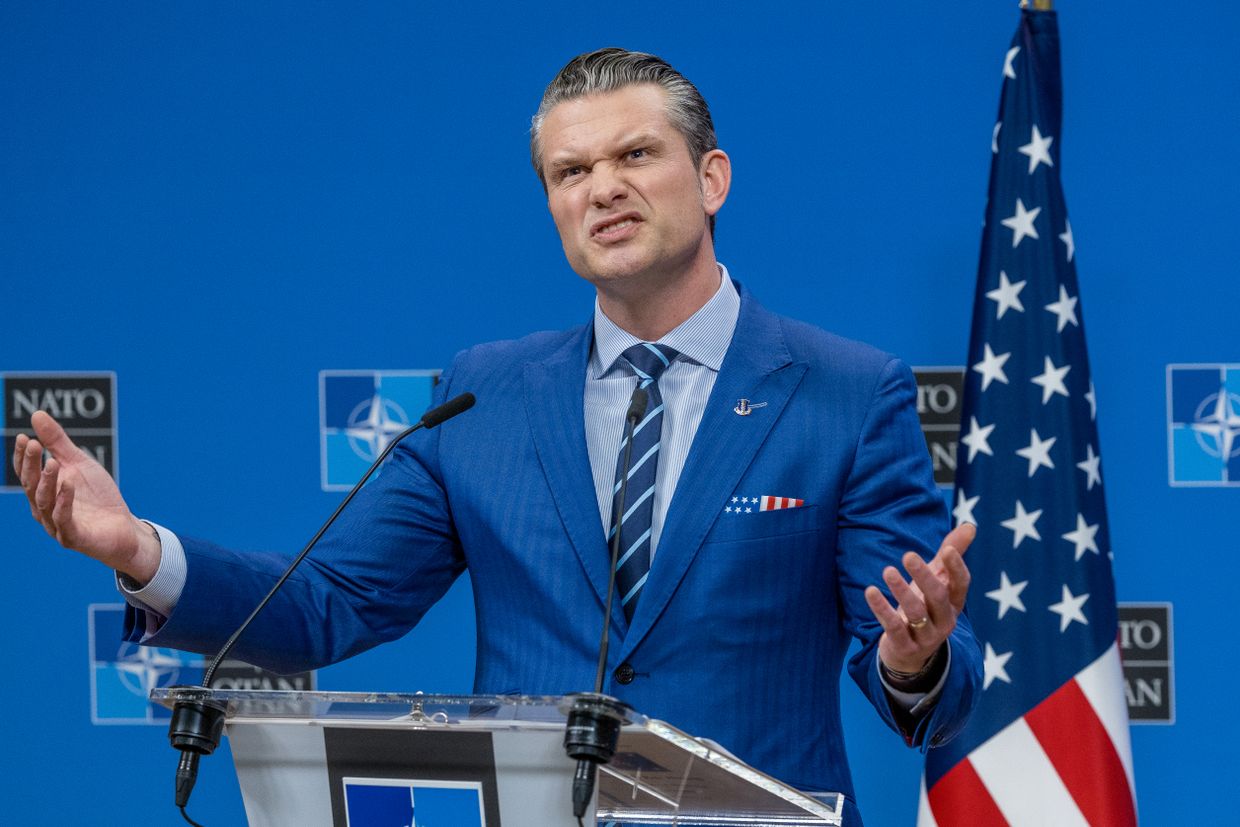
U.S. Defense Secretary Pete Hegseth unilaterally halted a weapons shipment to Ukraine on July 2 despite internal military assessments showing the aid would not compromise American military readiness, NBC News reported on July 4, citing three U.S. officials.
The pause in aid, which included critical air defense systems and ammunition, reportedly caught the State Department, members of Congress, Ukraine, and key European allies off guard.
Ukraine suffered one of the largest attacks on July 4, with President Volodymyr Zelensky calling for more air defense to protect civilians in the cities. The attack on Kyiv killed one person and injured 23 more.
A senior U.S. military review had concluded that while some munitions stockpiles, including precision weapons, were low, they had not fallen below critical thresholds, according to NBC. Despite this, Hegseth opted to stop the shipment. This is reportedly his third such move since February.
"We are not at any lower point, stockpile-wise, than we’ve been in the three-and-a-half years of the Ukraine conflict," Congressman Adam Smith the top Democrat on the House Armed Services Committee, said. Smith, who said his staff reviewed the Pentagon's figures, called the justification "disingenuous."
The shipment reportedly included dozens of Patriot interceptors, 155 mm artillery rounds, Hellfire missiles, guided missile systems (GMLRS), Stinger and AIM air-to-air missiles, and grenade launchers.
Two sources told NBC that some of the weapons had already been loaded onto trucks in Poland when the halt was ordered.
Zelensky recently called Patriot systems "real defenders of life," since Patriot missile systems are the best air defense in Ukraine's arsenal. They are considered to be the most effective measure against Russian ballistic missiles like Iskander and Kinzhal.
 The Kyiv IndependentKollen Post
The Kyiv IndependentKollen Post
Pentagon spokesman Sean Parnell described earlier the decision as part of a broader "capability review" to ensure U.S. forces remain equipped.
The halt has initiated debate over the future of U.S. support for Ukraine.
Lawmakers from both parties, including Republican Congressman Michael McCaul, expressed frustration at the lack of advance notice. "Now is the time to show Putin we mean business," McCaul wrote on X.
Republican Congressman Joe Wilson also reacted to the halt, warning of its consequences amid Russia's ongoing strikes.
"As Americans begin to enjoy the sounds of fireworks in celebration of our Nation's Independence, war criminal (Russian President Vladimir) Putin, who is losing his pathetic war, resorts to scorched earth tactics across Ukrainian cities that predate Moscow's existence," Wilson wrote.
Wilson said he is "confident the Department of Defense will advance President Trump’s objectives stated at The Hague to send additional air defense and approved weapons to help stop this absolute depravity, as allies have and must continue doing at a rapid pace."
Republican Congressman Brian Fitzpatrick has requested an emergency White House briefing, warning the decision could cost lives.
Trump has denied that the U.S. paused shipments on July 3, contradicting both Pentagon confirmation and reporting.
"We haven't," Trump told a reporter. "We're giving weapons." He also claimed the Biden administration had "emptied out our whole country" and insisted Washington must prioritize its own defense.
 The Kyiv IndependentKateryna Hodunova
The Kyiv IndependentKateryna Hodunova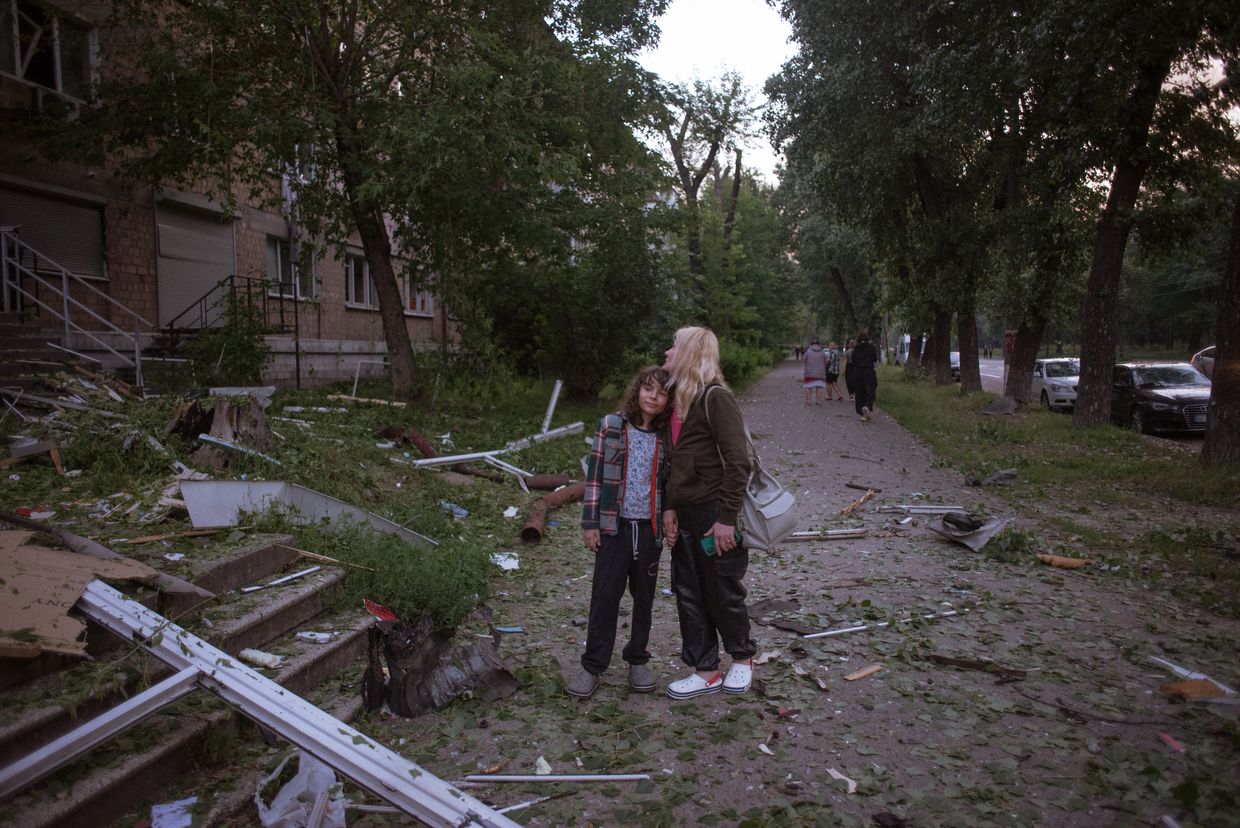
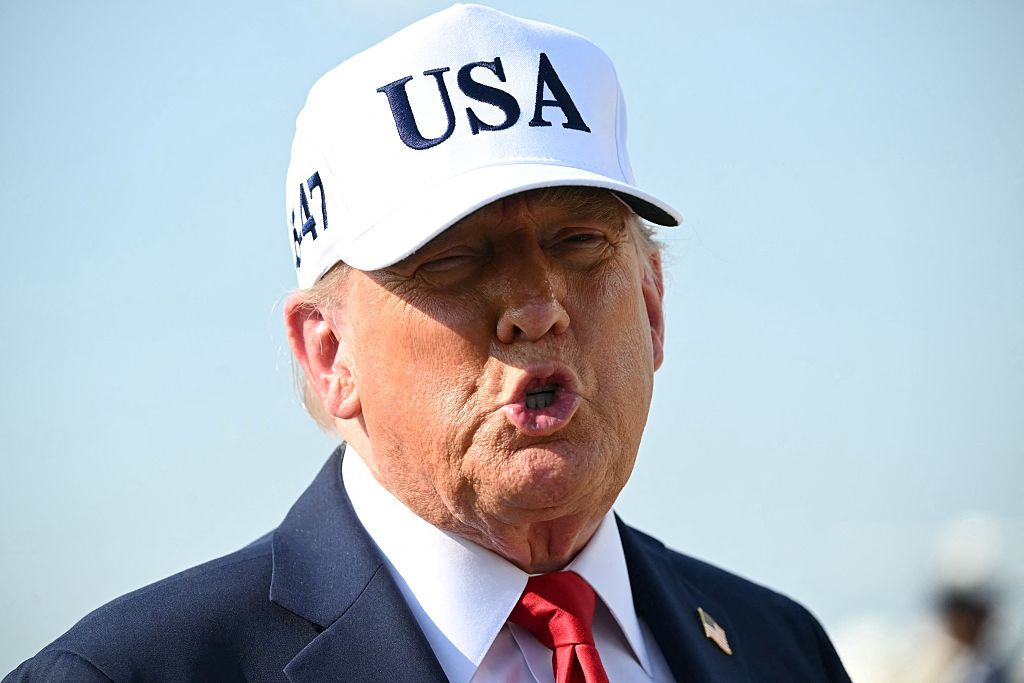
U.S. President Donald Trump brushed off a reporter's question on July 3 about pausing weapons deliveries to Ukraine, claiming Washington is "giving weapons" to Kyiv.
The Pentagon previously confirmed that the U.S. has already halted some military aid shipments to Ukraine in order to conduct what it calls a "capability review" of its own stockpiles.
"Why did you pause weapons shipments to Ukraine?" a reporter asked Trump as the president prepared to board Air Force One.
"We haven't," Trump replied. "We're giving weapons."
Trump then offered a contradictory answer, saying the U.S. is "trying to help" Ukraine while also claiming that former U.S. President Joe Biden depleted the country's weapons stocks with military aid to Kyiv and that Washington must defend its own interests.
"But we've given so many weapons — but we are giving weapons, and we're working with (Ukraine), we're trying to help them," Trump said.
"But we haven't... You know, Biden emptied out our whole country giving them weapons and we have to make sure that we have enough for ourselves."
Trump then asked the reporter which media outlet he represented.
"The New York Times," the journalist said.
"Ah, no wonder," Trump replied.
 The Kyiv IndependentAndrea Januta
The Kyiv IndependentAndrea Januta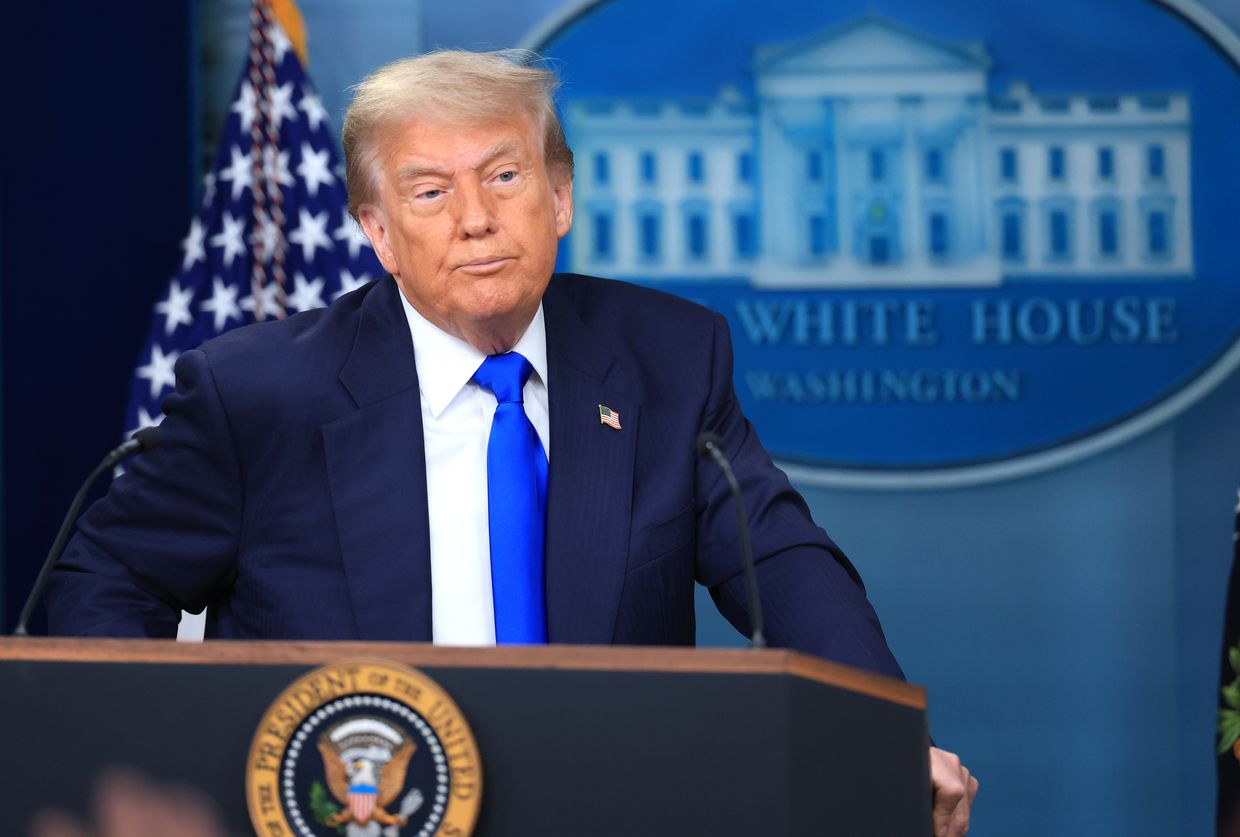
Reports that the U.S. had suddenly paused some weapons shipments — including deliveries of desperately needed air defense missiles — left officials in Kyiv scrambling for answers. Trump's response provides little clarity and even less reassurance to Ukrainians facing increasingly deadly Russian missile attacks night after night.
The decision to halt the shipments "was made to put America's interests first following a (U.S. Defense Department) review of our nation's military support and assistance to other countries across the globe," White House Deputy Press Secretary Anna Kelly said in a statement after Politico broke the story on July 1.
The Washington Post later reported that a shipment of U.S. weapons, including advanced air defense systems and precision missiles, was halted in Poland where it was awaiting delivery to Ukraine.
U.S. State Department Spokesperson Tammy Bruce, like Trump, insisted that the U.S. was not pulling support from Ukraine.
"This is not — I will reinforce this — this is not a cessation of us assisting Ukraine or of providing weapons," Bruce told reporters at a briefing.
"This is one event in one situation, and we'll discuss what else comes up in the future. But be wary of painting too broad a brush there."
Trump's remarks about the weapons shipments followed an update on his July 3 phone call with Russian President Vladimir Putin.
"We had a call. It was a pretty long call. We talked about a lot of things," he said.
Their conversation brought the Kremlin no closer to agreeing to a ceasefire, according to Trump.
"No, I didn't make any progress with (Putin) today at all," he said.
 The Kyiv IndependentThe Kyiv Independent news desk
The Kyiv IndependentThe Kyiv Independent news desk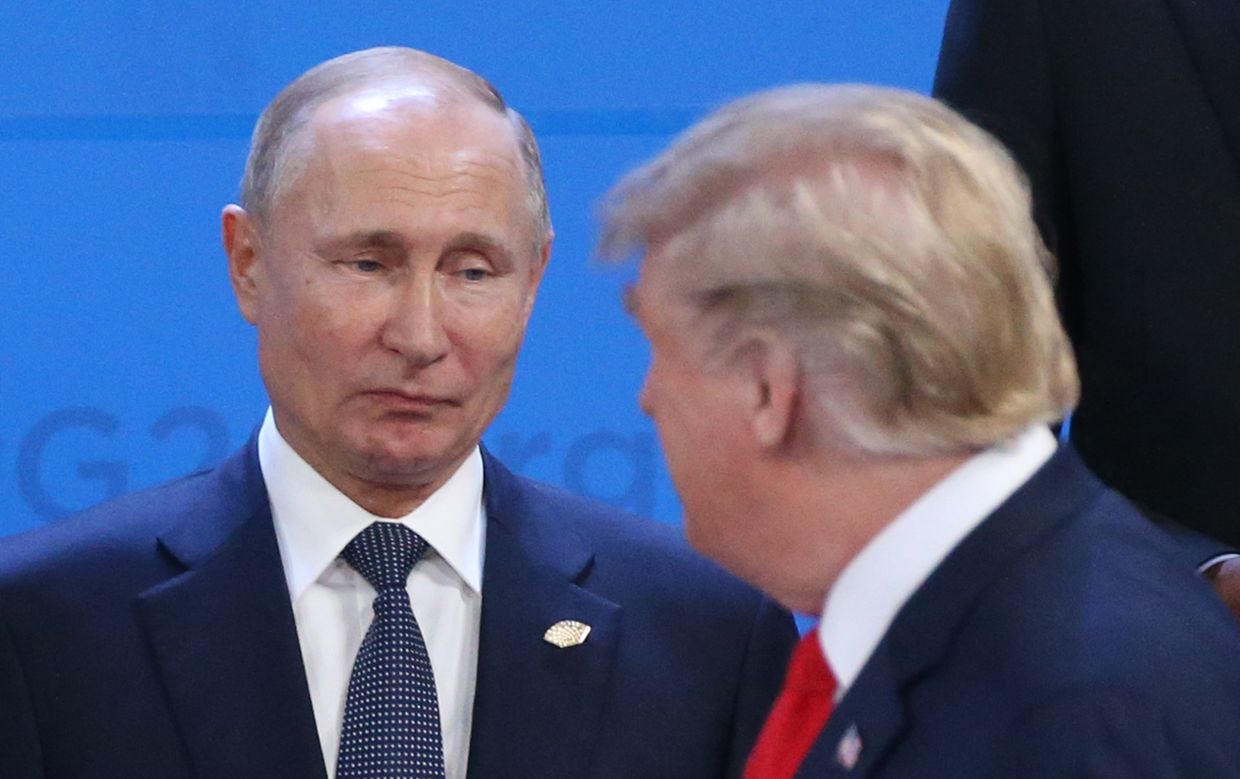
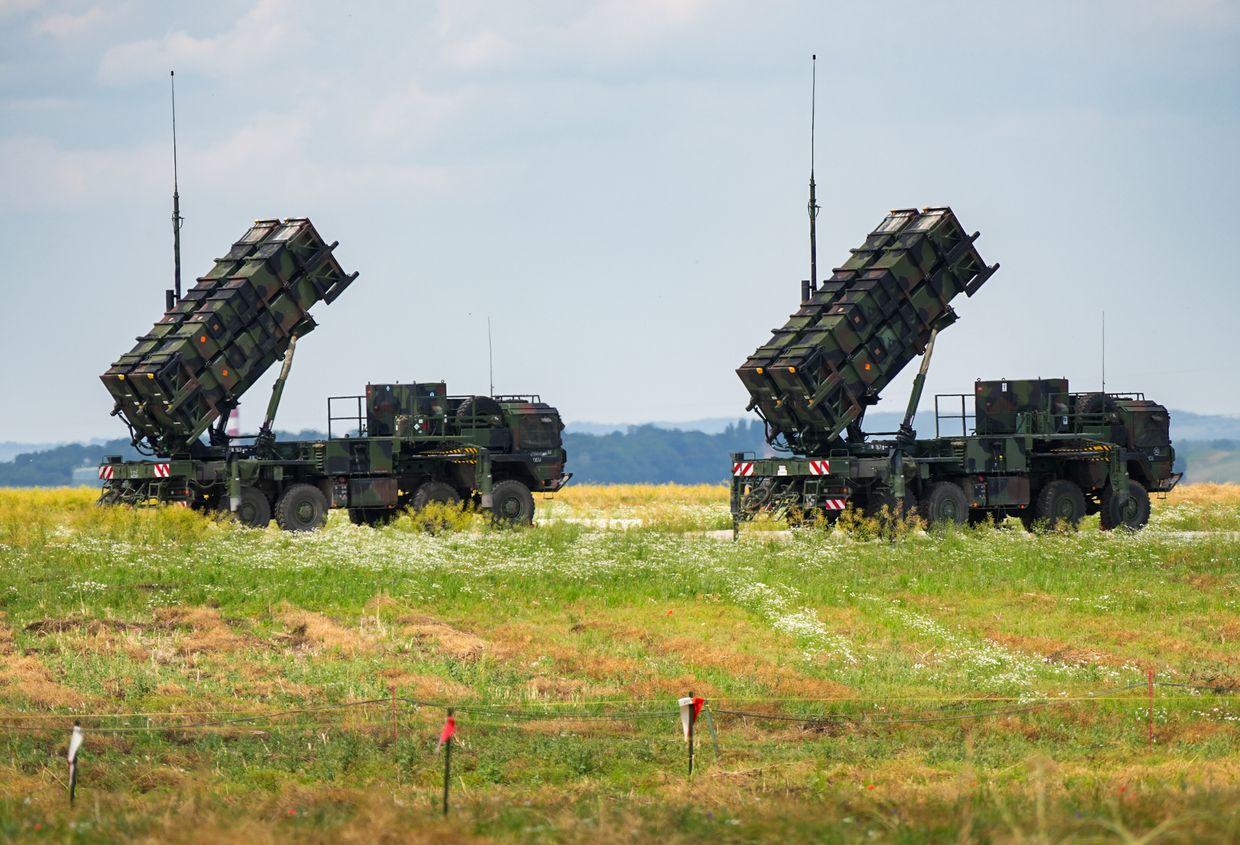
U.S. weapons already in Poland en route to Ukraine have been halted, including advanced air defense systems and precision missiles, the Wall Street Journal reported on July 2.
The Pentagon confirmed the halt in a July 2 briefing, citing an ongoing "capability review" aimed at ensuring U.S. military assistance "aligns with its strategic defense priorities."
The shipment in Poland includes over two dozen PAC-3 Patriot missiles, more than two dozen Stinger air-defense systems, Hellfire air-to-ground missiles, and over 90 AIM air-to-air missiles intended for use with Ukraine's F-16 fighter jets, according to U.S. administration and congressional officials cited by the Wall Street Journal.
"We see this as a common-sense, pragmatic step towards having a framework to evaluate what munitions are sent and where," Pentagon spokesperson Sean Parnell said.
The decision has sparked backlash from both sides of the political aisle in Washington. Republican Rep. Brian Fitzpatrick, co-chair of the Congressional Ukraine Caucus, called the pause "unacceptable," while Democratic Senator Richard Blumenthal labeled it "fallacious and maybe even disingenuous."
The pause comes at a critical moment for Ukraine, which faces intensified Russian missile and drone strikes. On June 29, Russia launched the largest aerial assault against Ukraine since the start of its full-scale invasion in February 2022, targeting civilian infrastructure and cities far beyond the frontline.
NATO Secretary General Mark Rutte, speaking on July 2, emphasized the urgency of continued Western support for Kyiv. "I totally understand that the U.S. always has to make sure its interests are covered," he said. "But in the short term, Ukraine cannot do without all the support it can get."
The Pentagon has not provided a timeline for when the held-back shipments might resume.
 The Kyiv IndependentKollen Post
The Kyiv IndependentKollen Post

Pentagon spokesperson Sean Parnell confirmed on July 2 that some military assistance to Ukraine has been halted as the U.S. Defense Department conducts a review of foreign aid deliveries.
"This capability review... is being conducted to ensure U.S. military aid aligns with our defense priorities... We see this as a common-sense, pragmatic step towards having a framework to evaluate what munitions are sent and where," Parnell said.
The White House earlier confirmed the pause in shipments, citing a broader reassessment of U.S. military stockpiles amid media reports of the halt in military assistance.
The weapons reportedly being held back include two dozen Patriot air defense missiles, over two dozen Stinger air-defense systems, precision artillery rounds, Hellfire missiles, drones, and more than 90 AIM air-to-air missiles launched from F-16 fighter jets.
New U.S. military aid packages have not been approved since U.S. President Donald Trump was inaugurated in January, raising concern among Ukraine's allies.
"Ultimately, our job here at the Department of Defense is to pursue the president's 'America First' agenda and make sure that we achieve peace through strength throughout the world," Parnell said at a Pentagon press briefing.
The U.S. Defense Department will not provide updates on the timeline and quantity or type of munitions provided to Ukraine, he added.
"What we've done here at the Department of Defense is create a framework to analyze what munitions we're sending (and) where," Parnell said.
A bipartisan group of U.S. lawmakers has voiced their opposition to the decision to halt military aid shipments to Ukraine.
"We must build up our own Defense Industrial Base here in the U.S. while simultaneously providing the needed assistance to our allies who are defending their freedom from brutal invading dictators. To not do both is unacceptable," Republican Rep. Brian Fitzpatrick, the co-chair of the Congressional Ukraine Caucus, said.
Democratic Senator Richard Blumenthal, a member of the Senate Armed Services Committee, described the military aid pause as "fallacious and maybe even disingenuous."
NATO Secretary General Mark Rutte said on July 2 that he understands the White House's need to safeguard its own defense capabilities, but underscored that Ukraine urgently requires sustained support.
"I totally understand that the U.S. always has to make sure its interests are covered... When it comes to Ukraine, in the short term, Ukraine cannot do without all the support it can get," Rutte said.
The Washington Post reported that the military aid was already in Poland, being prepared for delivery to Ukraine.
 The Kyiv IndependentKollen Post
The Kyiv IndependentKollen Post
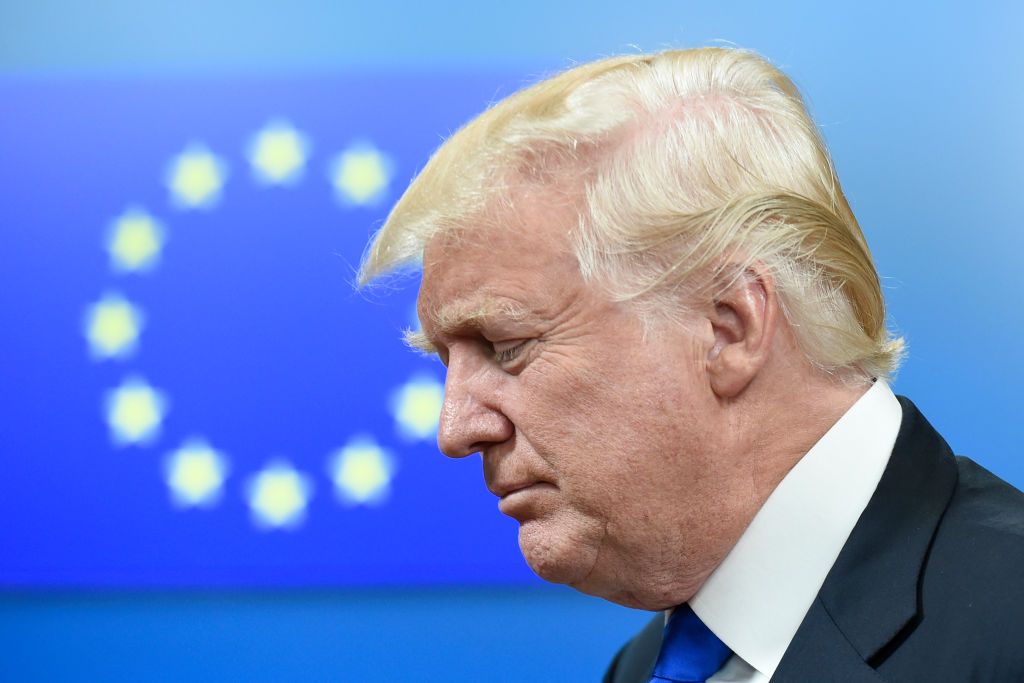
The Trump administration's decision to halt deliveries of key military aid to Ukraine has caught European partners off guard and prompted urgent requests for clarification, Bloomberg reported on July 2, citing unnamed sources.
The pause affects the delivery of several weapons critical to Ukraine's defense, including Patriot air defense missiles, precision-guided artillery shells, Hellfire missiles, and munitions for F-16 fighter jets.
The White House confirmed the hold, describing it as part of a broader reassessment of U.S. military stockpiles. Since U.S. President Donald Trump took office in January, the U.S. has not approved any new military aid packages for Ukraine.
According to Bloomberg, some European allies hope the Trump administration will soften or reverse the decision. The timing of the pause has raised particular concern as Ukraine faces one of the most intense waves of Russian missile and drone attacks since the start of the war.
In his evening address on July 2, President Volodymyr Zelensky said Ukrainian and U.S. officials are working through the aid issue at a "working level," including discussions on critical air defense support.
Ukraine's Defense Ministry said it has not received any formal notification of delays or cancellations but has requested urgent consultations with U.S. defense officials.
The Foreign Ministry also summoned U.S. Charge d'Affaires John Ginkel, warning that "any hesitation" in military support would encourage further Russian aggression.
The Kremlin welcomed the decision, with spokesperson Dmitry Peskov saying, "The fewer weapons that are supplied to Ukraine, the closer the end of the (war)."
NATO Secretary General Mark Rutte expressed understanding of Washington's desire to safeguard its stockpiles but said that "Ukraine cannot do without all the support it can get."
U.S. Defense Secretary Pete Hegseth previously signaled a shift in policy, indicating that future defense budgets would prioritize domestic needs over military support for Ukraine.
 The Kyiv IndependentKollen Post
The Kyiv IndependentKollen Post
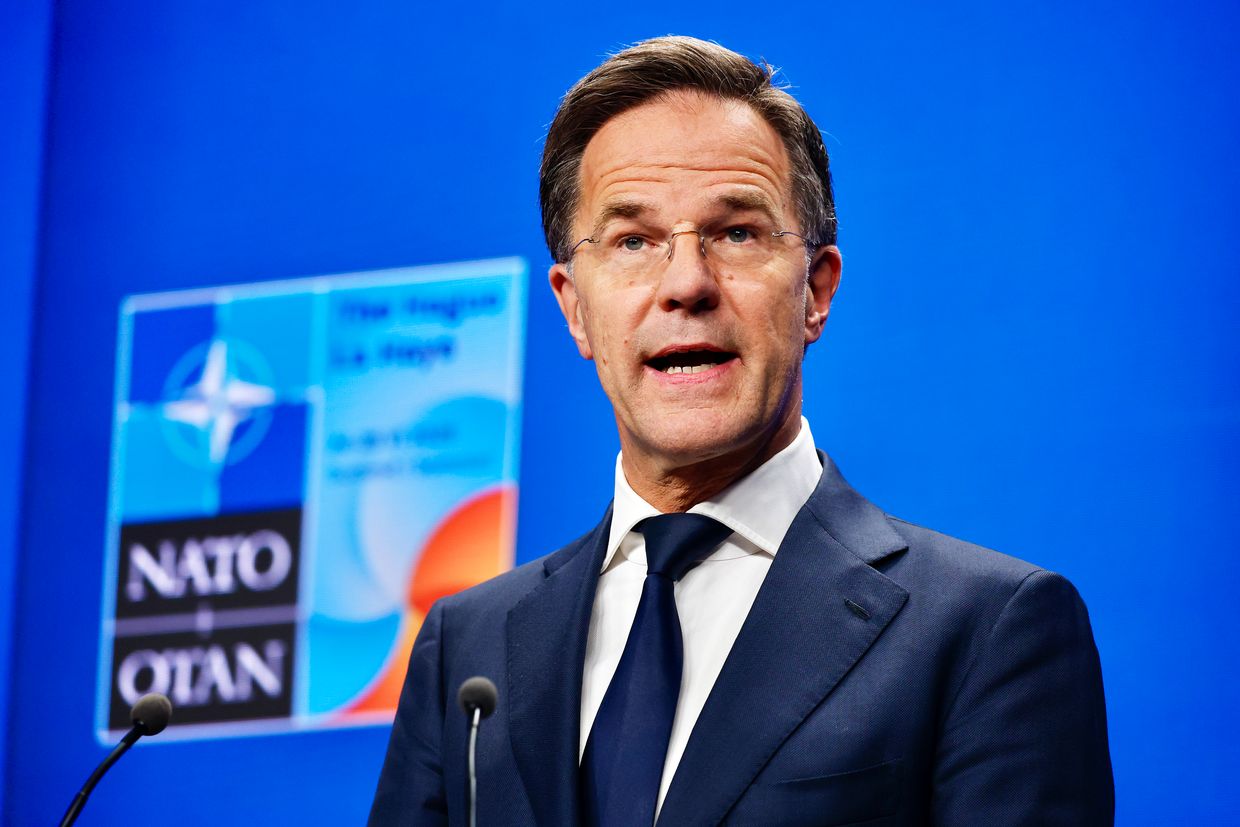
NATO Secretary General Mark Rutte said on July 2 that he understands Washington's need to safeguard its own defense needs, but emphasized that Ukraine urgently requires sustained Western support.
"I totally understand that the U.S. always has to make sure its interests are covered," Rutte told Fox News. "When it comes to Ukraine, in the short term, Ukraine cannot do without all the support it can get."
His remarks come as the U.S. Defense Department has halted deliveries of key weapons systems previously promised to Kyiv, including Patriot missiles, precision-guided artillery shells, Hellfire missiles, and munitions compatible with F-16 fighter jets.
The White House confirmed the pause in shipments, citing a broader reassessment of U.S. military stockpiles. No new U.S. military aid packages have been approved since U.S. President Donald Trump took office in January.
"I understand the U.S. has to take care of its stockpiles, and at the same time, we have to allow for some flexibility here," Rutte said. "Europeans, in the meantime, are really stepping up."
 The Kyiv IndependentMartin Fornusek
The Kyiv IndependentMartin Fornusek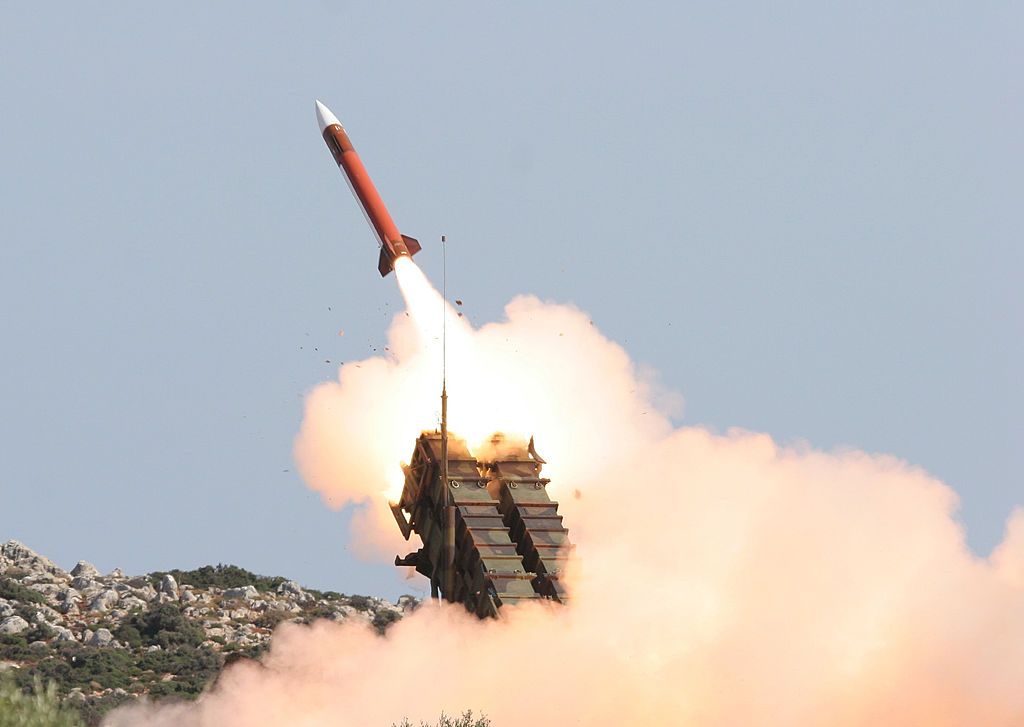
During last week's NATO summit in The Hague, Trump and President Volodymyr Zelensky met behind closed doors. Rutte described the conversation as "a very good discussion, particularly focusing on air defense systems."
The reporting of paused deliveries comes as Ukraine faces one of the heaviest barrages of Russian drone and missile strikes since the start of the full-scale invasion.
Ukraine's Defense Ministry responded by saying it has not received formal notification of delays or cancellations and has requested urgent consultations with U.S. defense officials.
The Foreign Ministry summoned U.S. Charge d'Affaires John Ginkel the same day, warning that any hesitation in maintaining Ukraine's defense capabilities would embolden Russia.
The Kremlin welcomed the halt in arms shipments, saying it brings the war closer to an war.
"The fewer weapons that are supplied to Ukraine, the closer the end of the (war)," Kremlin spokesperson Dmitry Peskov said in response to the information.
U.S. Defense Secretary Pete Hegseth has previously indicated that the upcoming defense budget will scale back long-term military support for Ukraine, reflecting a shift in Washington's priorities.
 The Kyiv IndependentDaria Shulzhenko
The Kyiv IndependentDaria Shulzhenko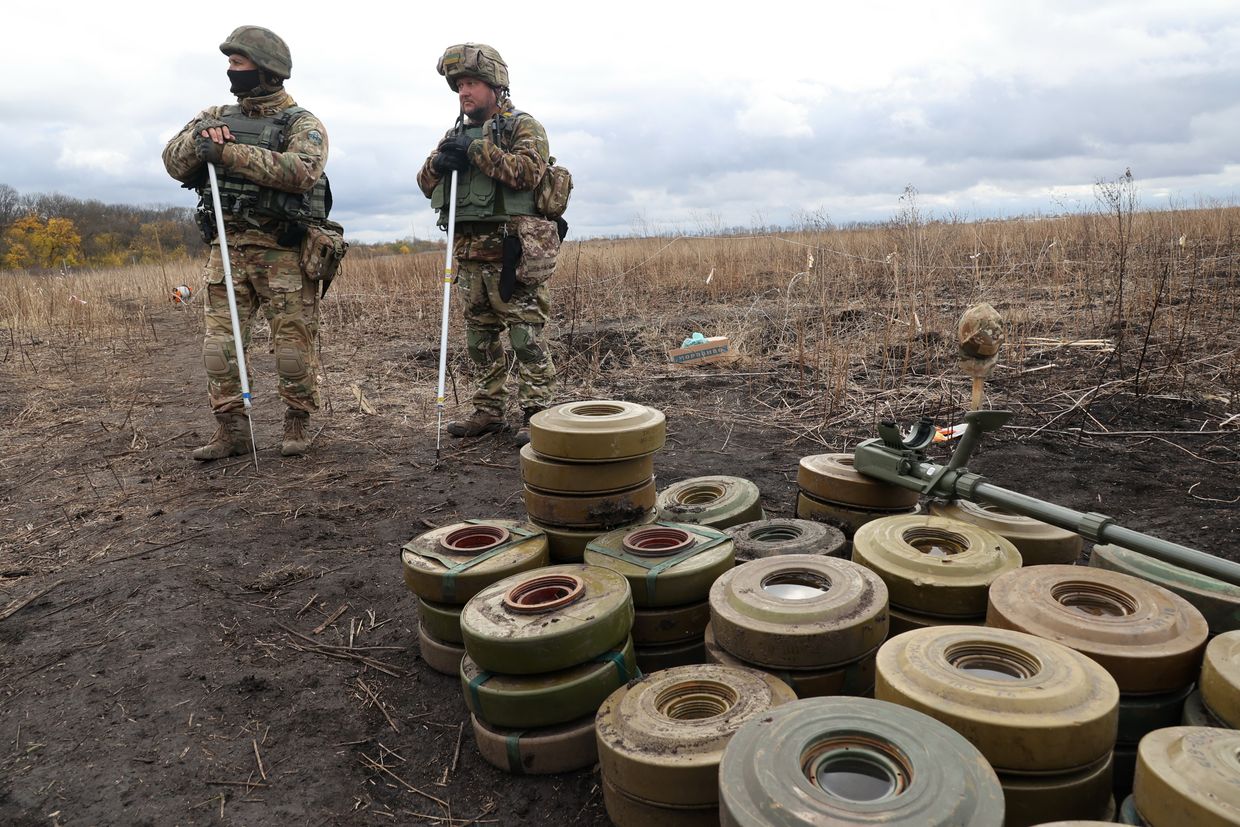
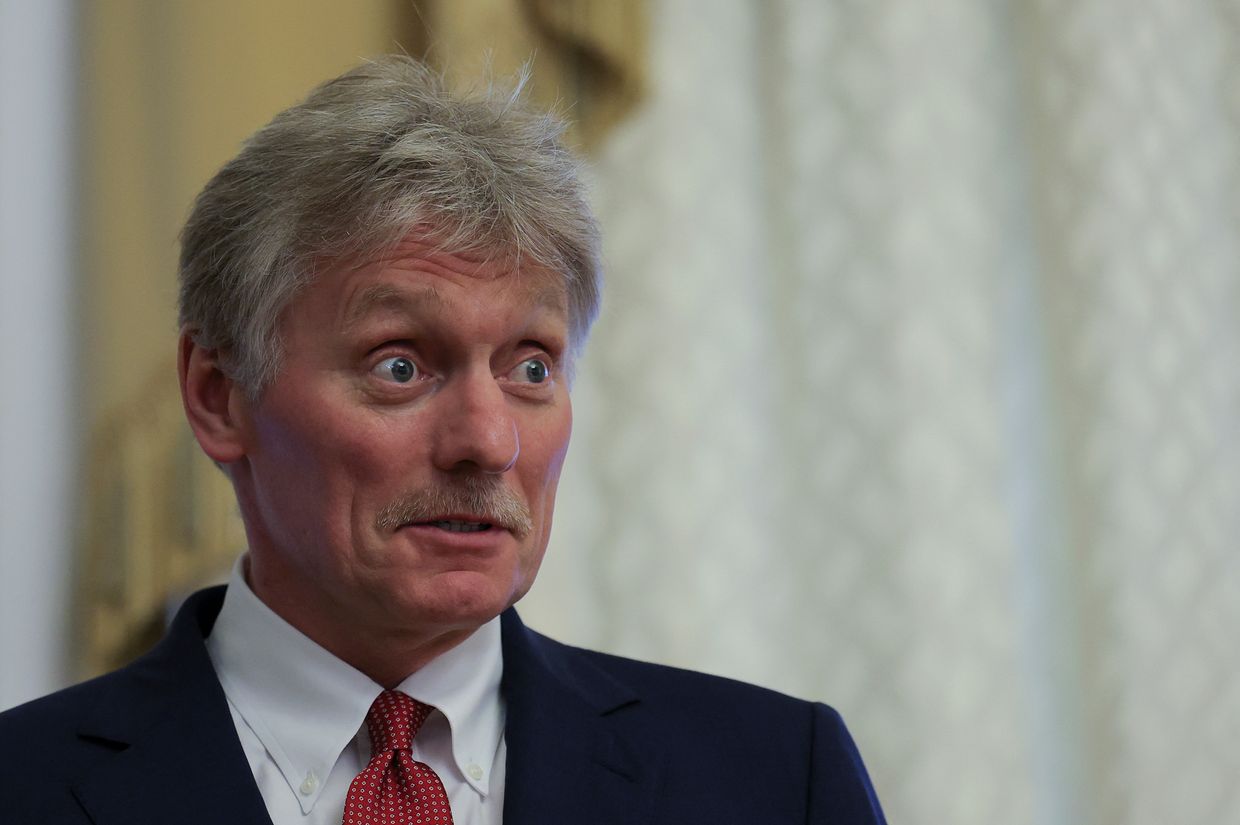
The United States' reported decision to suspend some arms deliveries to Ukraine could help bring Russia's war in Ukraine to an end, the Kremlin said on July 2, according to Russian state-controlled media.
"The fewer weapons that are supplied to Ukraine, the closer the end of the... (Russia-Ukraine war)," Kremlin spokesperson Dmitry Peskov told reporters.
Peskov's comments came after Politico reported that the U.S. Defense Department has paused shipments of key air defense and precision munitions to Ukraine over concerns about declining U.S. stockpiles.
Among the withheld items are Patriot air defense missiles, precision artillery rounds, Hellfire missiles, and other munitions used by Ukraine's F-16 fighter jets.
Ukraine's Foreign Ministry summoned U.S. Charge d'Affaires John Ginkel on July 2 to voice concern over the reported pause in weapons shipments.
Deputy Foreign Minister Mariana Betsa warned during the meeting that "any delay or hesitation in supporting Ukraine's defense capabilities will only encourage Russia to continue war and terror, rather than pursue peace."
According to Politico, Pentagon policy chief Elbridge Colby ordered the halt in June following a review of U.S. ammunition levels. The White House confirmed the decision, saying it was part of a broader reassessment of American military aid to foreign partners.
 The Kyiv IndependentDominic Culverwell
The Kyiv IndependentDominic Culverwell
"(The decision) was made to put America's interests first following a DOD review of our nation's military support and assistance to other countries across the globe," White House Deputy Press Secretary Anna Kelly said in a statement.
The move comes as Ukraine faces intensifying Russian attacks. In June, Russia launched a record 5,337 Shahed-type attack drones at Ukrainian targets, the highest monthly total since the start of the full-scale invasion in February 2022.
The U.S. has not approved any new military aid packages after U.S. President Donald Trump took office in January. Defense Secretary Pete Hegseth has also signaled that future U.S. defense budgets will reduce the scale of assistance to Ukraine.
At a NATO summit in The Hague in late June, Trump said Washington was considering whether it could help provide more Patriot missiles to Kyiv but emphasized that U.S. and Israeli needs take precedence.
"They are very hard to get. We need them too," Trump said after meeting with President Volodymyr Zelensky.
The Kremlin has long argued that Western arms shipments to Ukraine only prolong the conflict and raise the risk of escalation, while continuing to attack Ukrainian cities and advance on the battlefield.
 The Kyiv IndependentYuliia Taradiuk
The Kyiv IndependentYuliia Taradiuk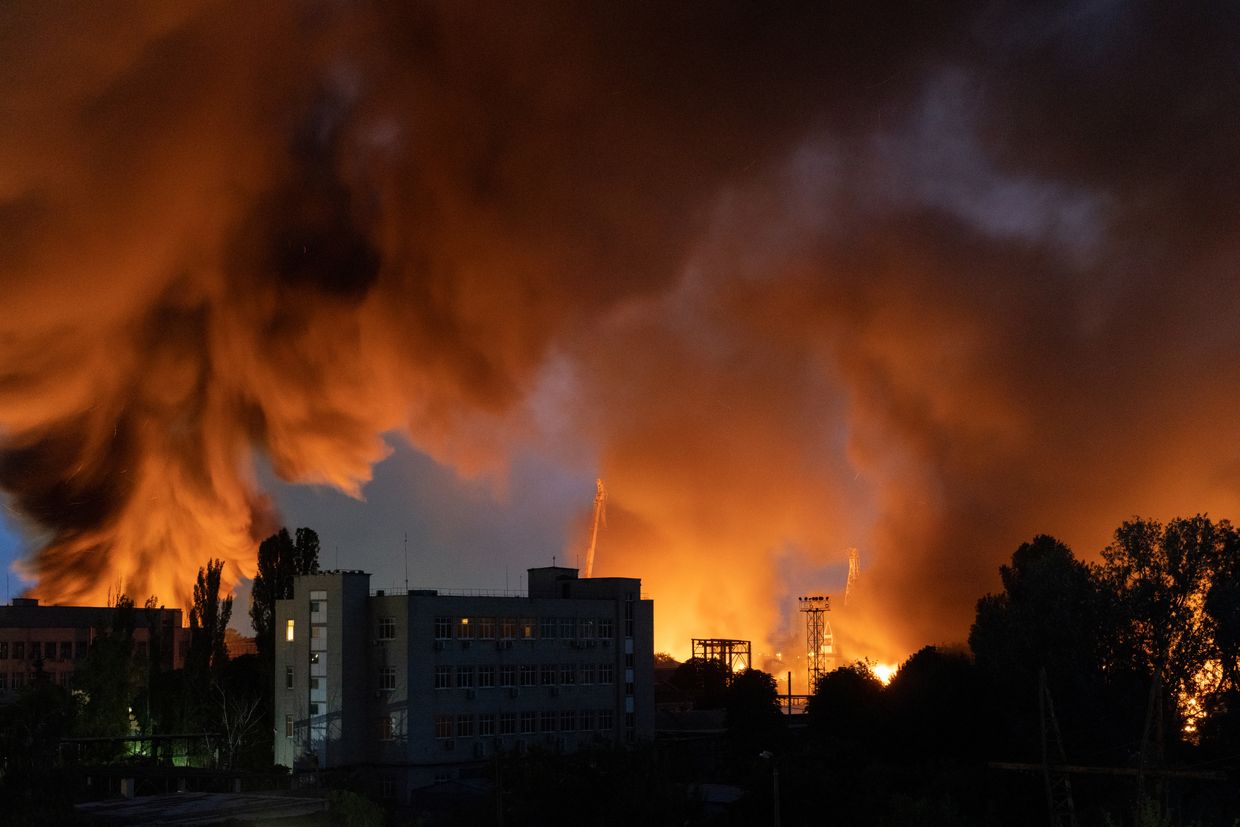

The Ukrainian Foreign Ministry told U.S. Charge d'Affaires John Ginkel that any delays in U.S. military aid would only prolong the war, the Foreign Ministry said on July 2 after the Pentagon reportedly paused some weapons shipments.
Ginkel met Deputy Foreign Minister Mariana Betsa at the request of Ukraine's chief diplomat, Andrii Sybiha.
During the meeting, the Ukrainian side warned that "any delay or hesitation in supporting Ukraine's defense capabilities will only encourage Russia to continue war and terror, rather than pursue peace."
The meeting came amid reporting in the U.S. media that the U.S. Defense Department had paused some of the previously allocated shipments of weapons to Kyiv as part of a review. Among the withheld items are Patriot air defense missiles, precision artillery rounds, Hellfire missiles, and other munitions used by Ukraine's F-16 fighter jets.
White House spokesperson Anna Kelly later confirmed the move, saying that the decision "was made to put America's interests first following a (Defense Department) review of our nation's military support and assistance to other countries across the globe."
The Ukrainian Foreign Ministry did not explicitly confirm the pause in its statement. According to the ministry's readout, Betsa underscored Ukraine's gratitude for U.S. aid and stressed the critical importance of continued deliveries, namely air defenses.
Separately, parliamentary defense committee member Fedir Venislavskyi told RBK-Ukraine that Ukraine has not received an official confirmation of the suspension.
"Any restrictions on the supply of those resources that are very important to us are undoubtedly negative," Venislavskyi said, adding that Ukraine nevertheless has some "reserve capacities."
 The Kyiv IndependentDominic Culverwell
The Kyiv IndependentDominic Culverwell
In the conversation with Ginkel, Betsa also stressed that Russia continues to reject a U.S.-proposed ceasefire that Kyiv agreed to during talks in Jeddah on March 11 and only intensifies its aerial attacks and ground offensives against Ukraine.
"Ukraine supports peace efforts and supports the U.S. calls for an immediate end to the killings and the war, stressing the need to compel Russia to seek peace," the Foreign Ministry said in a statement.
"Under these circumstances, strengthening Ukraine's defense capabilities and ramping up coordinated transatlantic pressure on Russia are critically important."
The aid pause comes in a critical moment as Russia is ramping up its aerial strikes across Ukraine and intensifying offensive operations along the front line. In June, Russia launched a record 5,337 Shahed-type attack drones at Ukrainian targets, the highest monthly total since the start of the full-scale invasion in February 2022.
The Trump administration has yet to approve any new major aid package for Ukraine and revealed plans to reduce military assistance in next year's budget. The pause comes despite U.S. President Donald Trump recently signaling support for further Patriot supplies to Kyiv.
 The Kyiv IndependentKollen Post
The Kyiv IndependentKollen Post
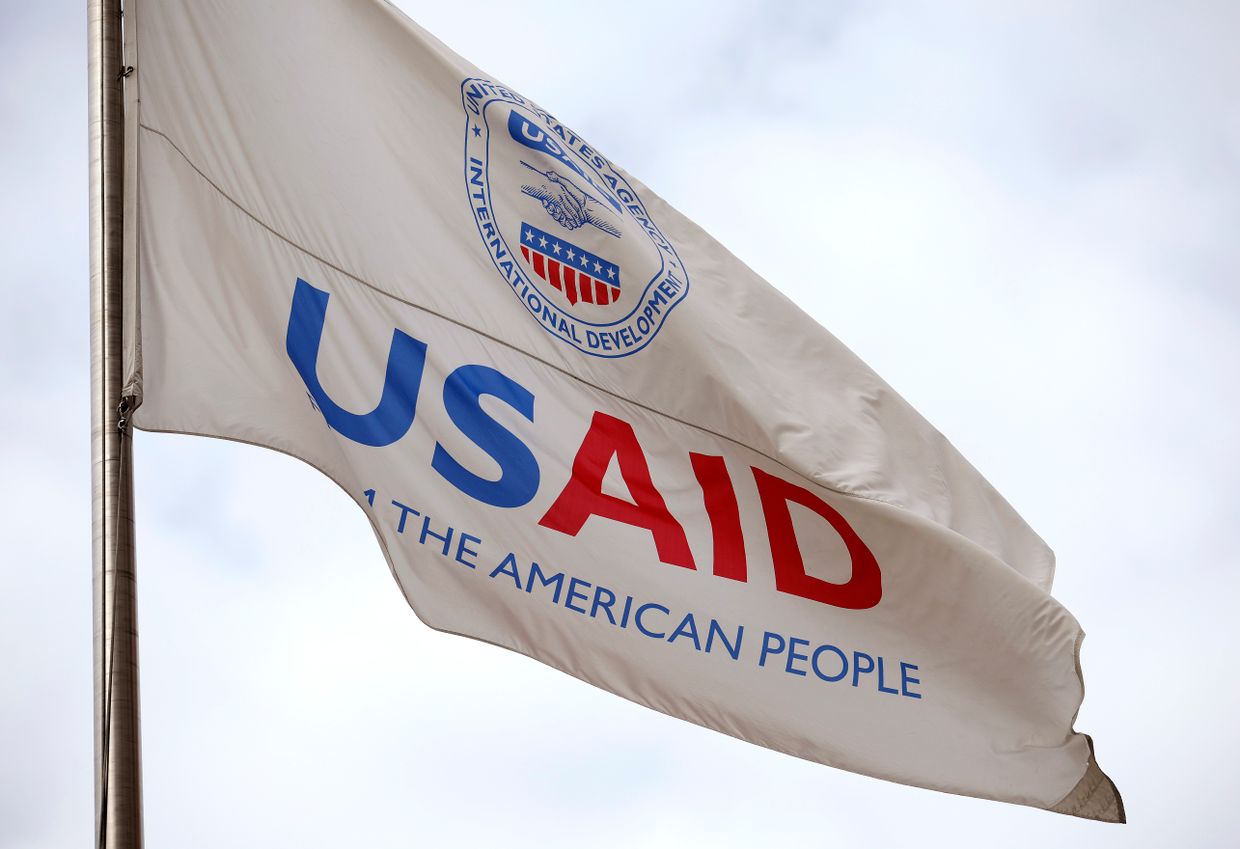
USAID officially stopped implementing foreign assistance as of July 1, as the Trump administration seeks to realign international aid with its policies, U.S. Secretary of State Marco Rubio announced.
"Foreign assistance programs that align with administration policies — and which advance American interests — will be administered by the State Department," Rubio said in a statement on Substack.
The Trump administration has set its sights on the U.S.'s chief foreign aid agency, accusing it — despite little evidence — of fraud and of promoting a "liberal" or "leftist" agenda. Roughly 83% of USAID's programs, or around 5,200 contracts, were terminated in March, and thousands of workers were laid off.
Founded in 1961, USAID has played a crucial role in humanitarian relief worldwide and has overseen thousands of programs supporting democracy-building, human rights, and economic development.
"USAID had decades and a near-infinite taxpayer budget to advance American influence, promote economic development worldwide, and allow billions to stand on their own two feet," Rubio said.
"Beyond creating a globe-spanning NGO industrial complex at taxpayer expense, USAID has little to show since the end of the Cold War."
Contradicting Rubio's comments, experts and former U.S. officials have criticized the decision and pointed to potentially devastating humanitarian consequences. Research by The Lancet estimated that USAID funding cuts could result in 14 million deaths by 2030, including 4.5 million children younger than 5.
"We will not apologize for recognizing America's longstanding commitment to life-saving humanitarian aid and promotion of economic development abroad must be in furtherance of an America First foreign policy," Rubio said.
The chief U.S. diplomat presented the step as part of President Donald Trump's broader policies aimed at requiring international allies and partners to pay a greater share for projects around the world.
"Americans should not pay taxes to fund failed governments in faraway lands. Moving forward, our assistance will be targeted and time limited. We will favor those nations that have demonstrated both the ability and willingness to help themselves," Rubio said.
Since the start of Russia’s full-scale invasion, USAID has provided $2.6 billion in humanitarian aid to Ukraine, as well as $5 billion in development assistance and more than $30 billion in direct budget support to Kyiv.
 The Kyiv IndependentDominic Culverwell
The Kyiv IndependentDominic Culverwell